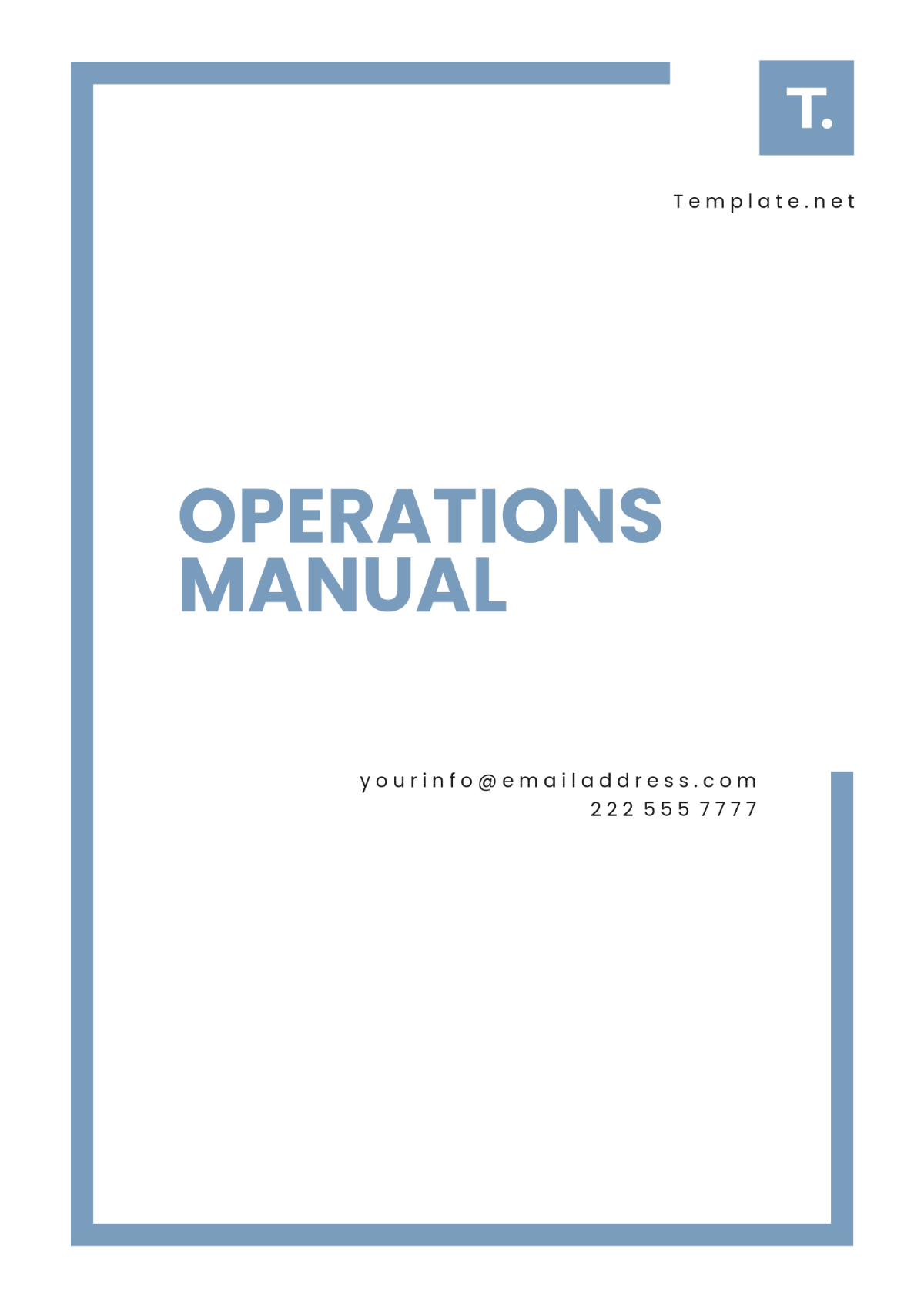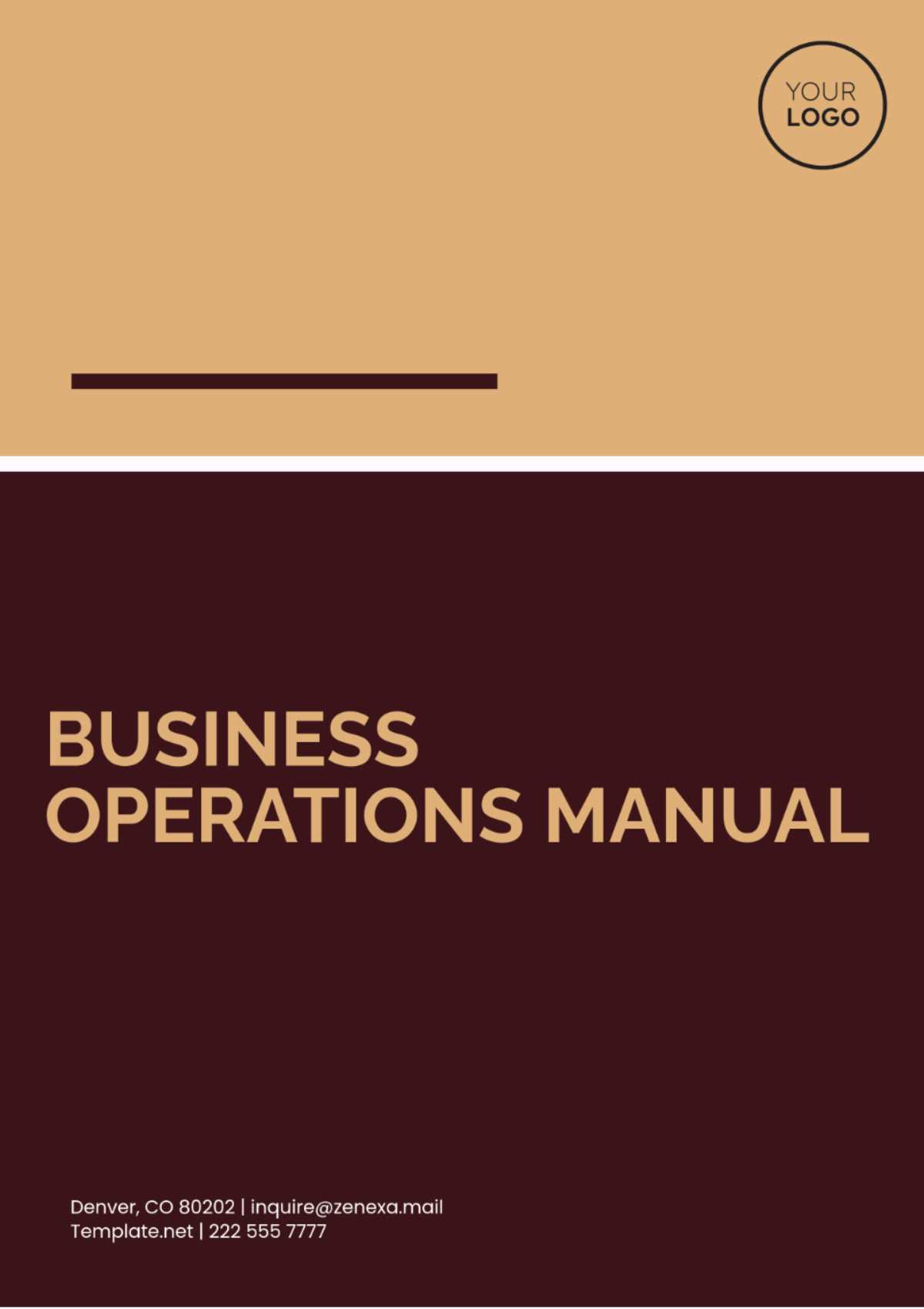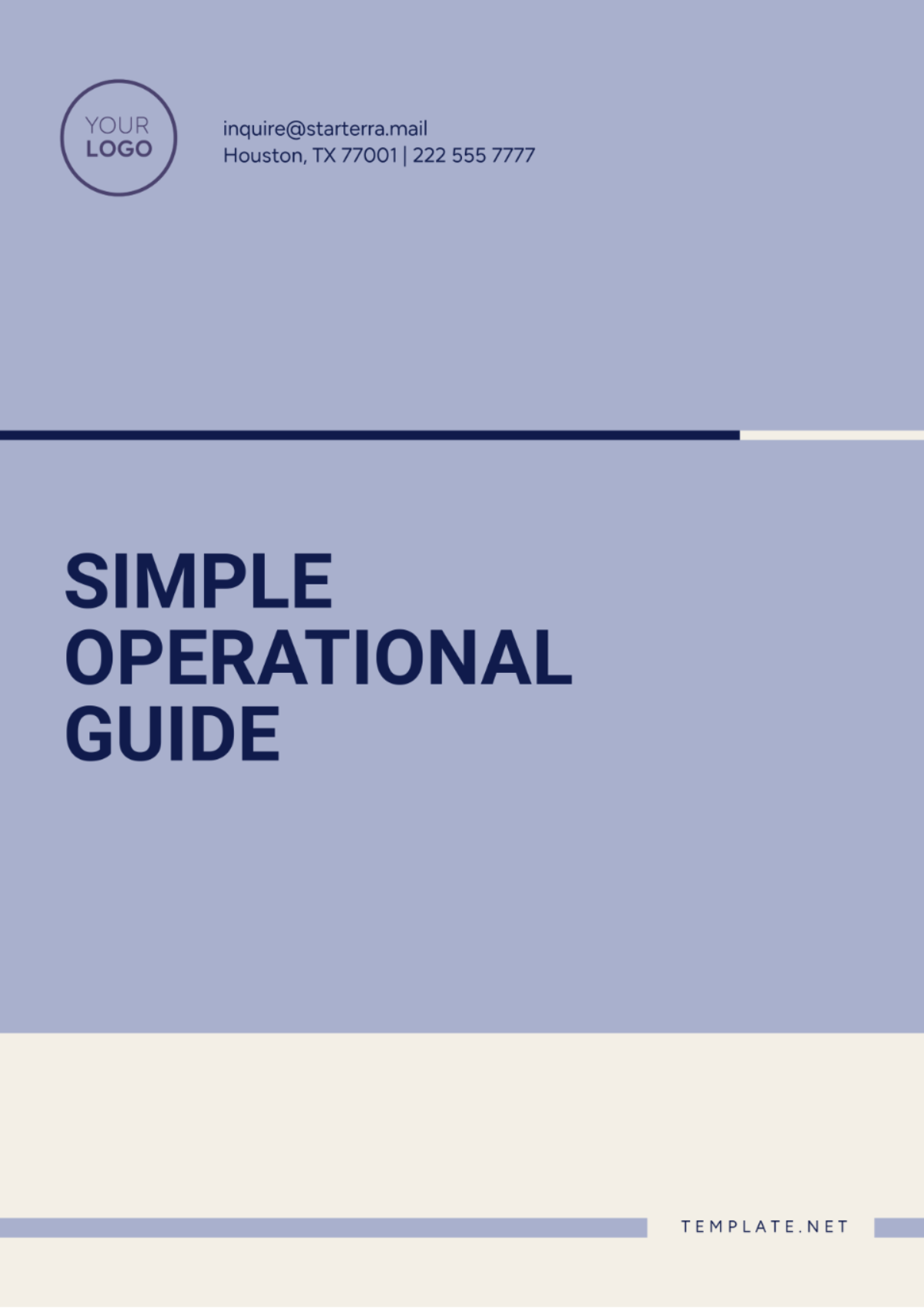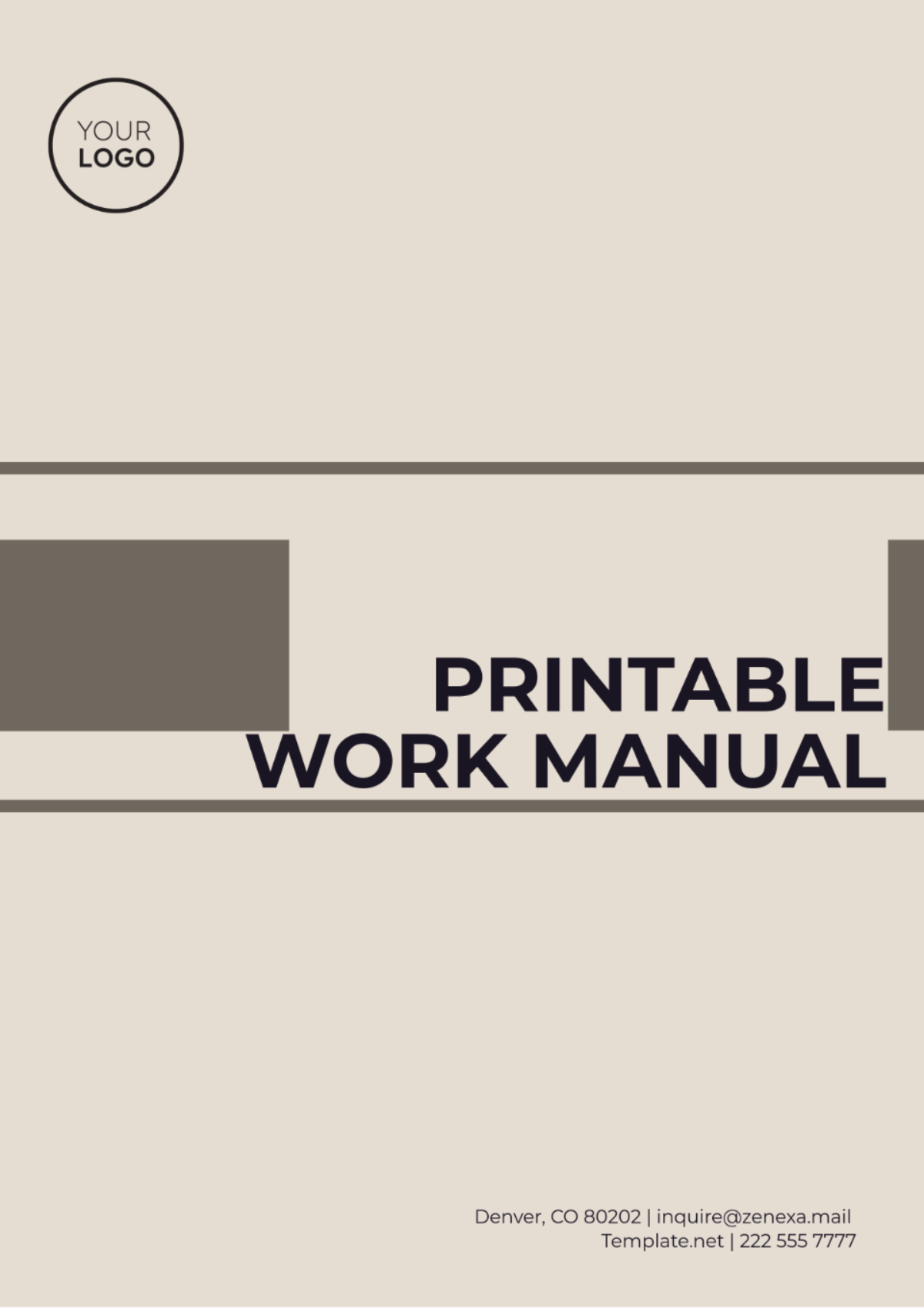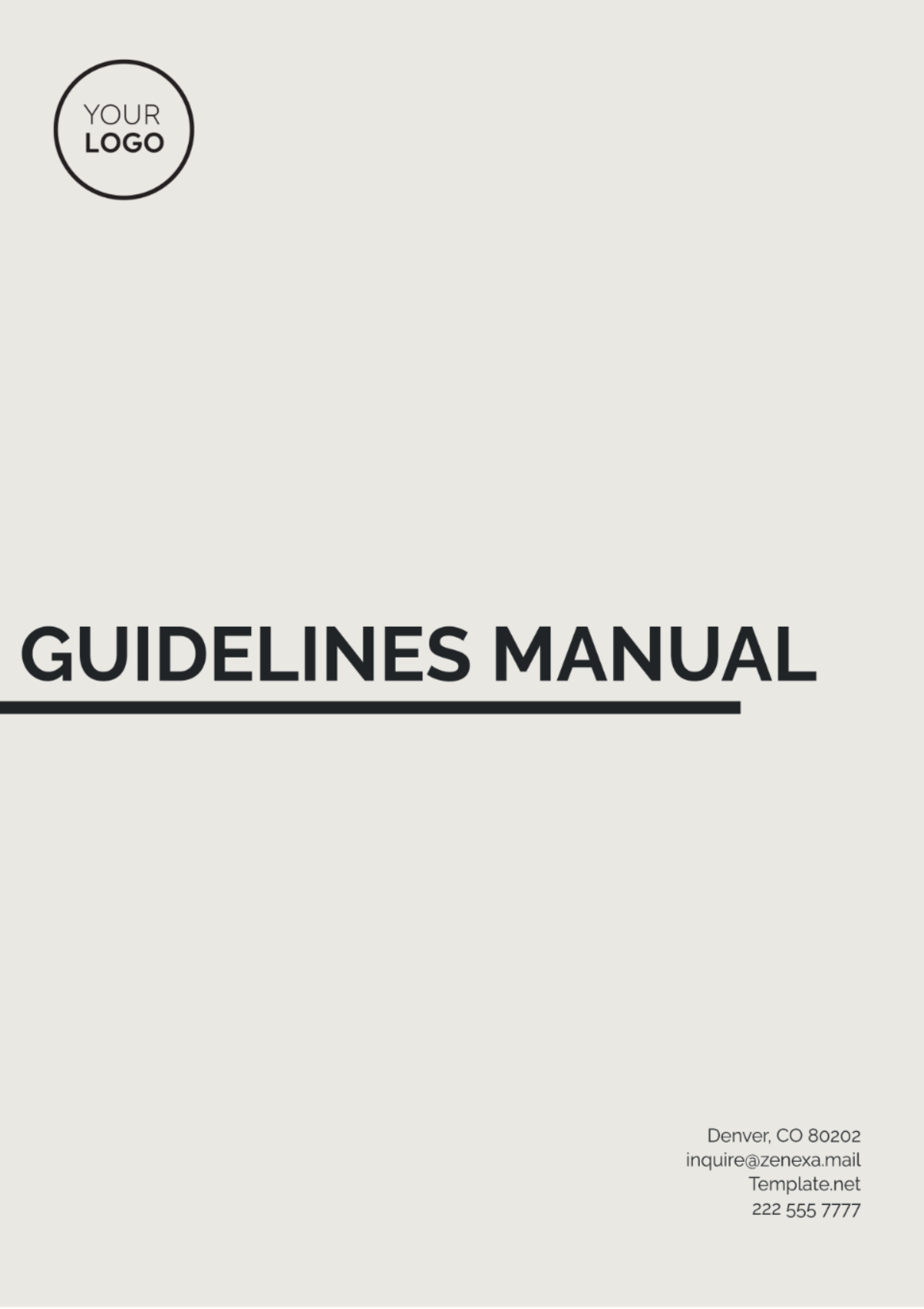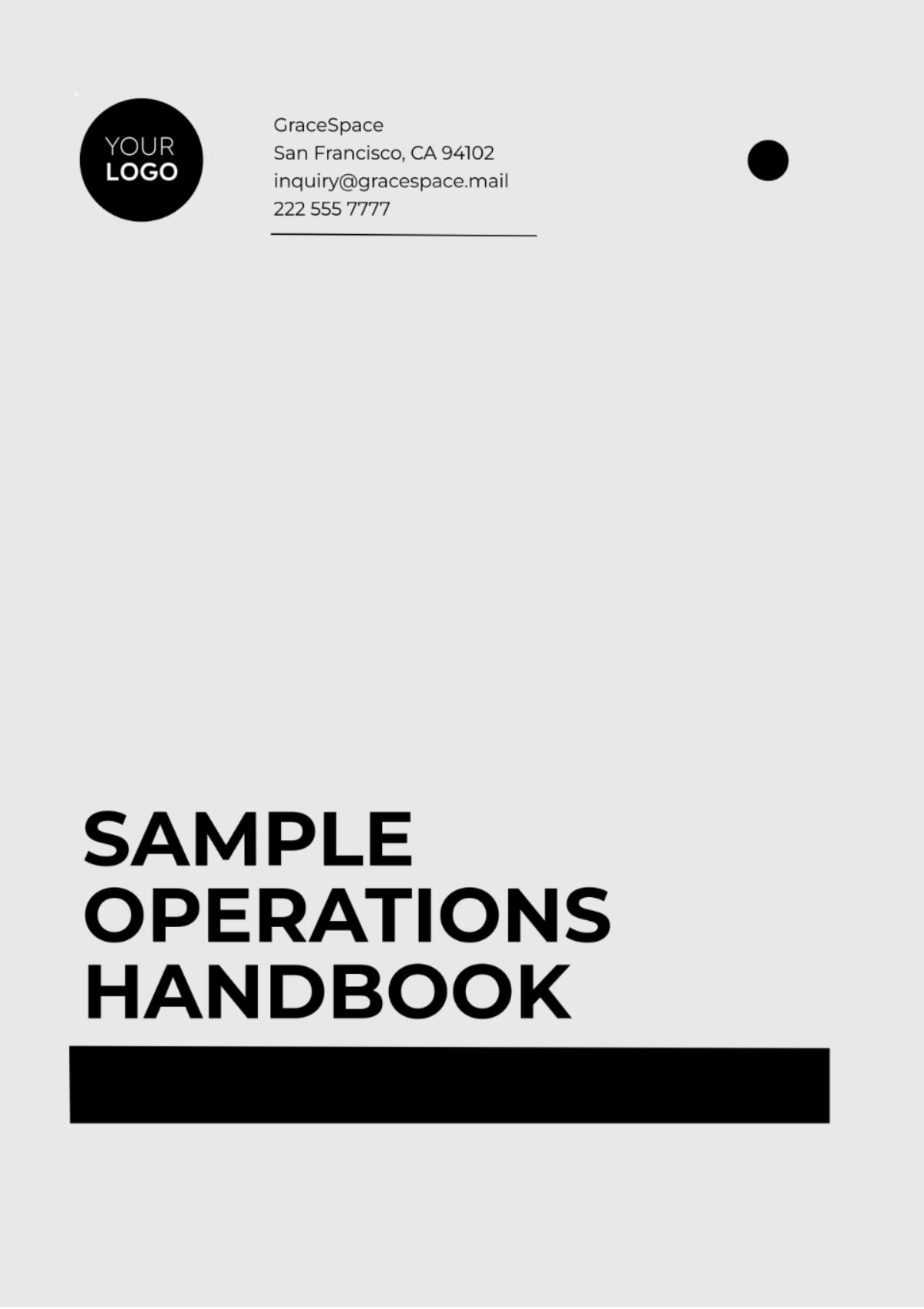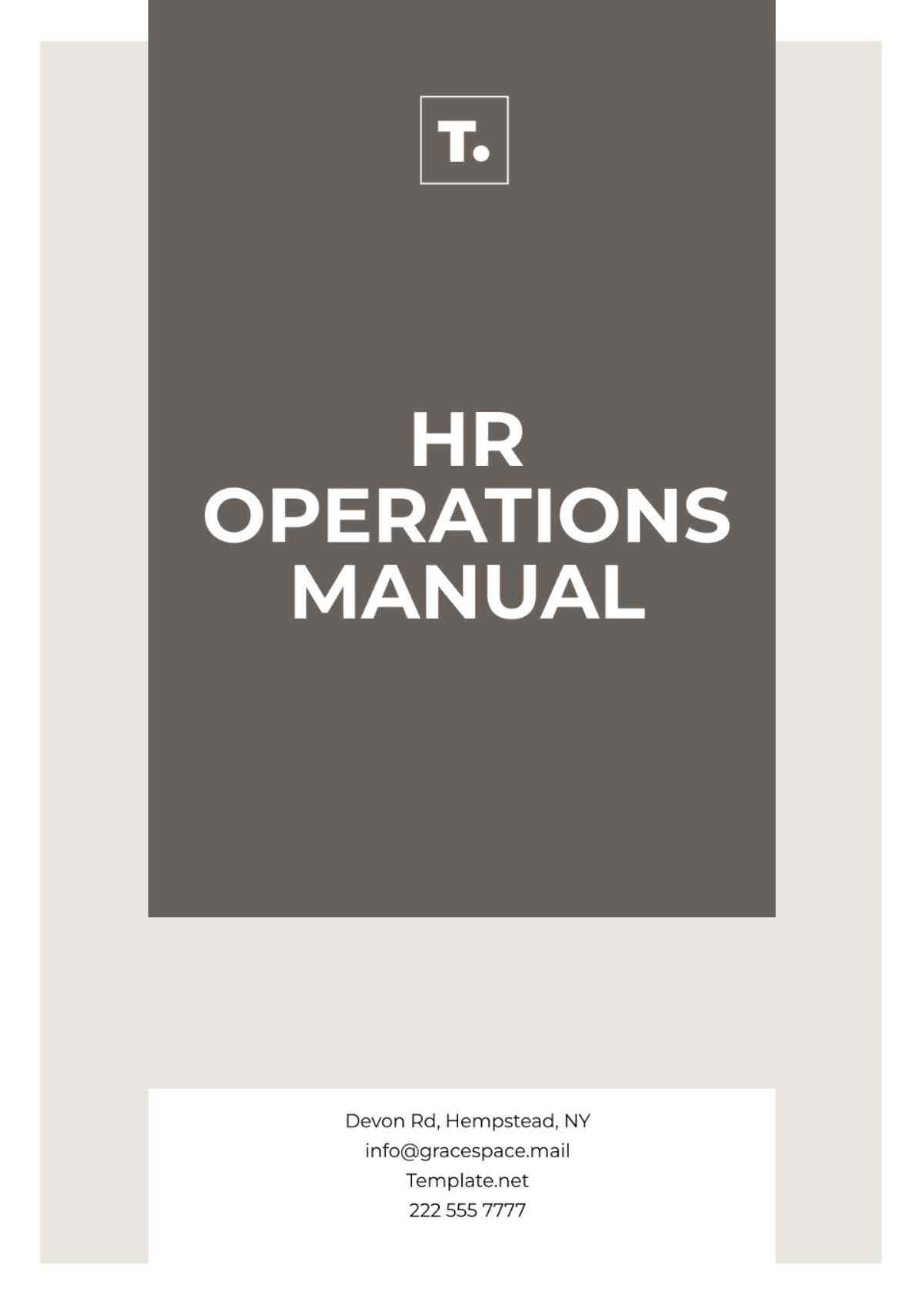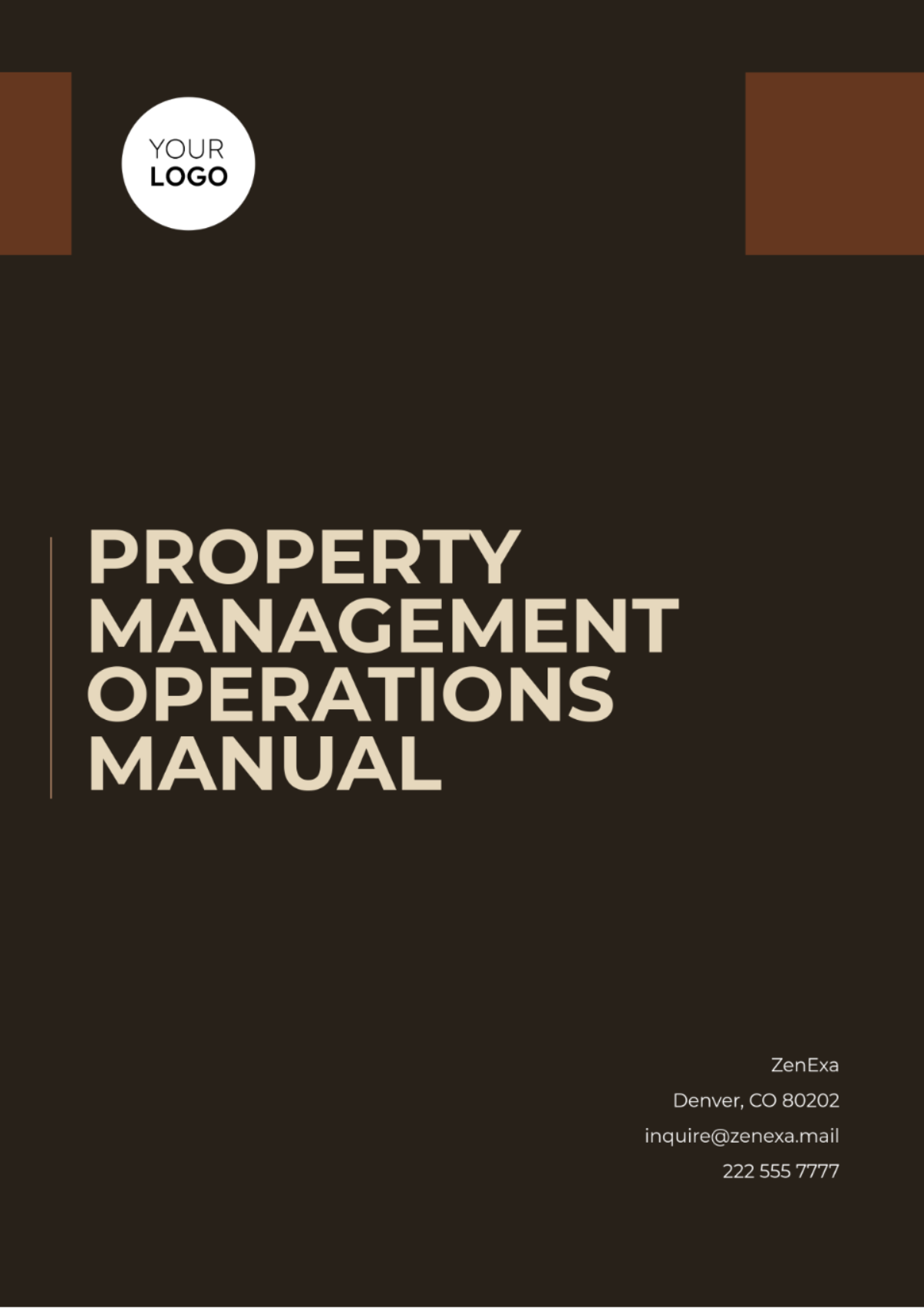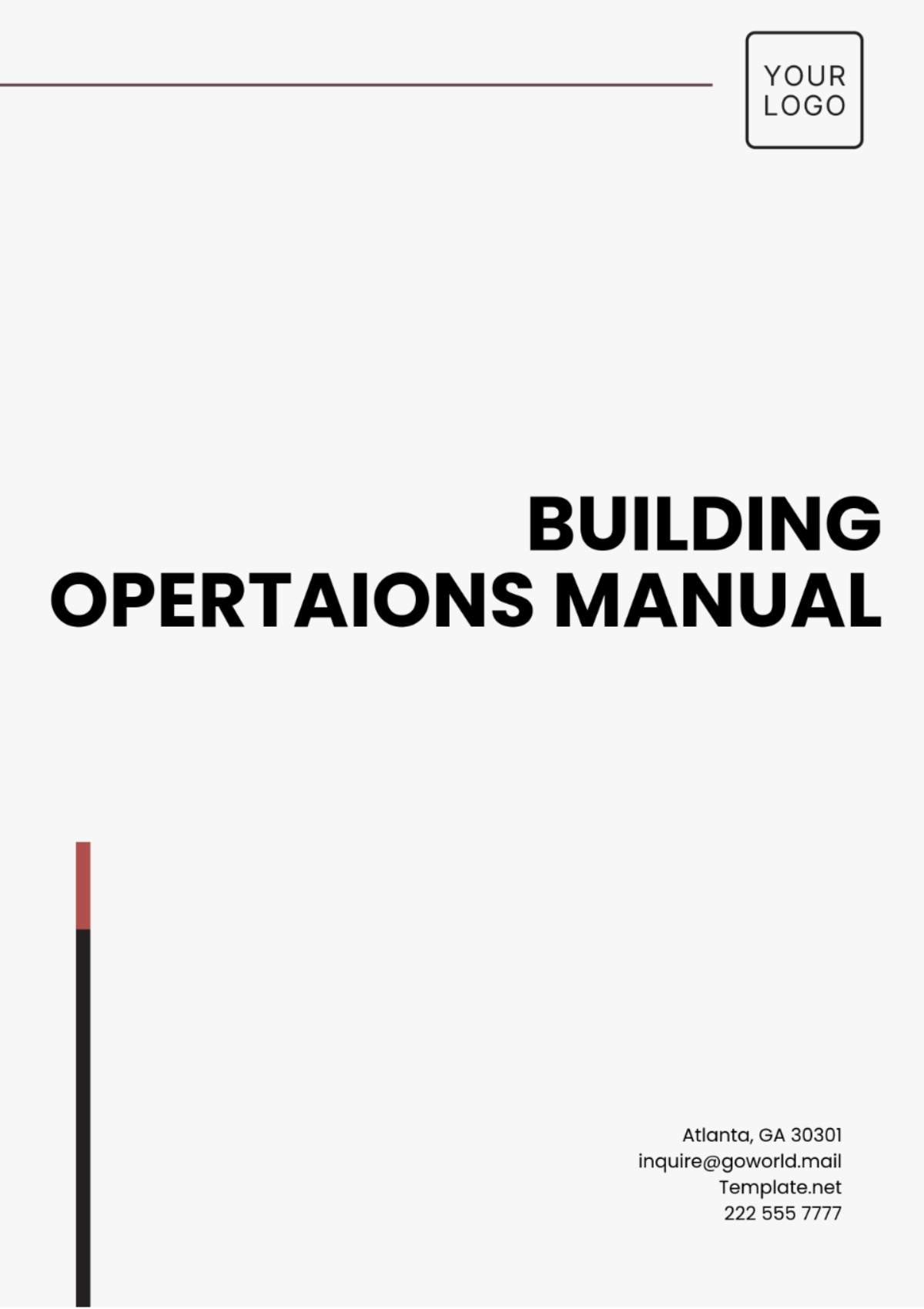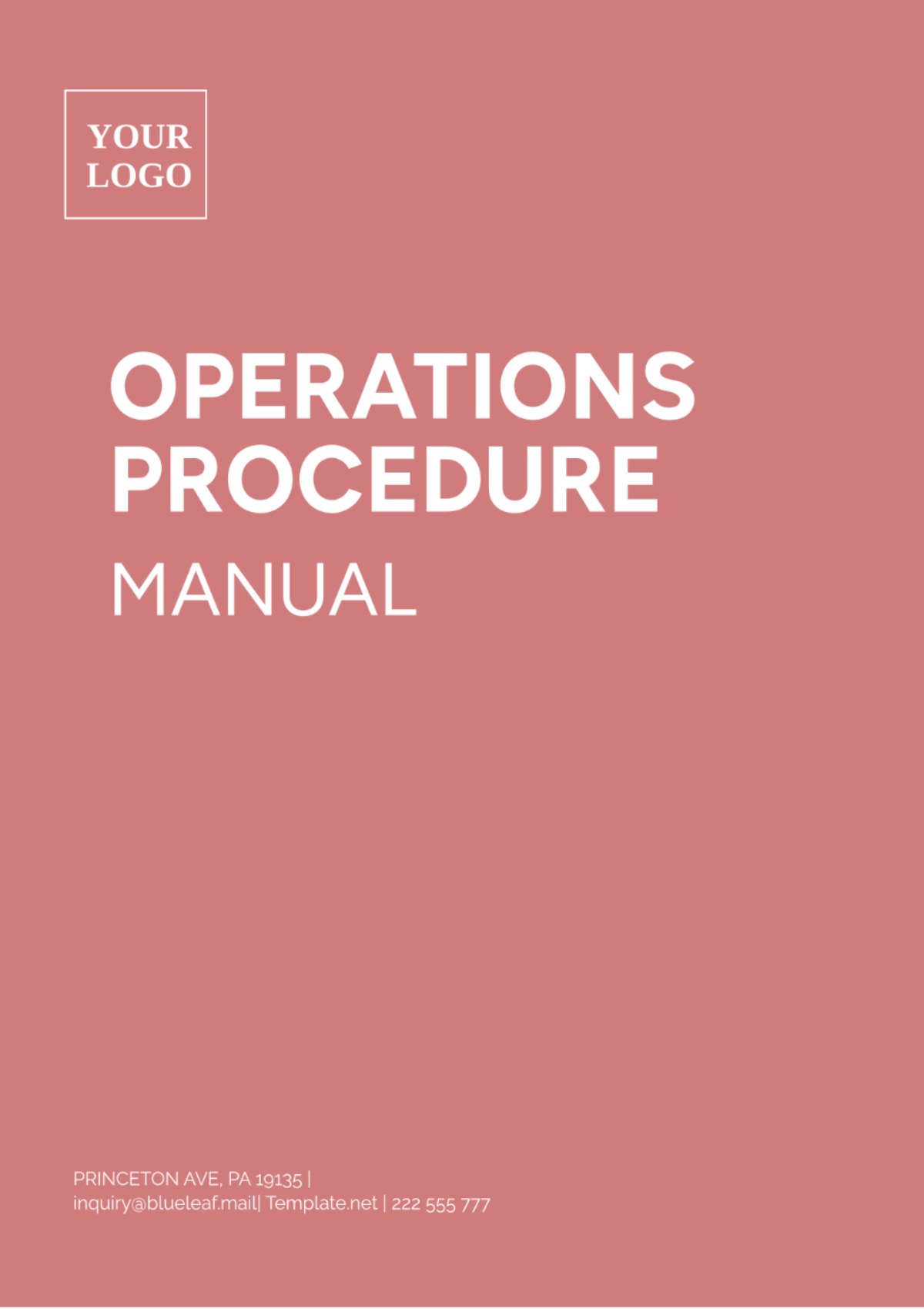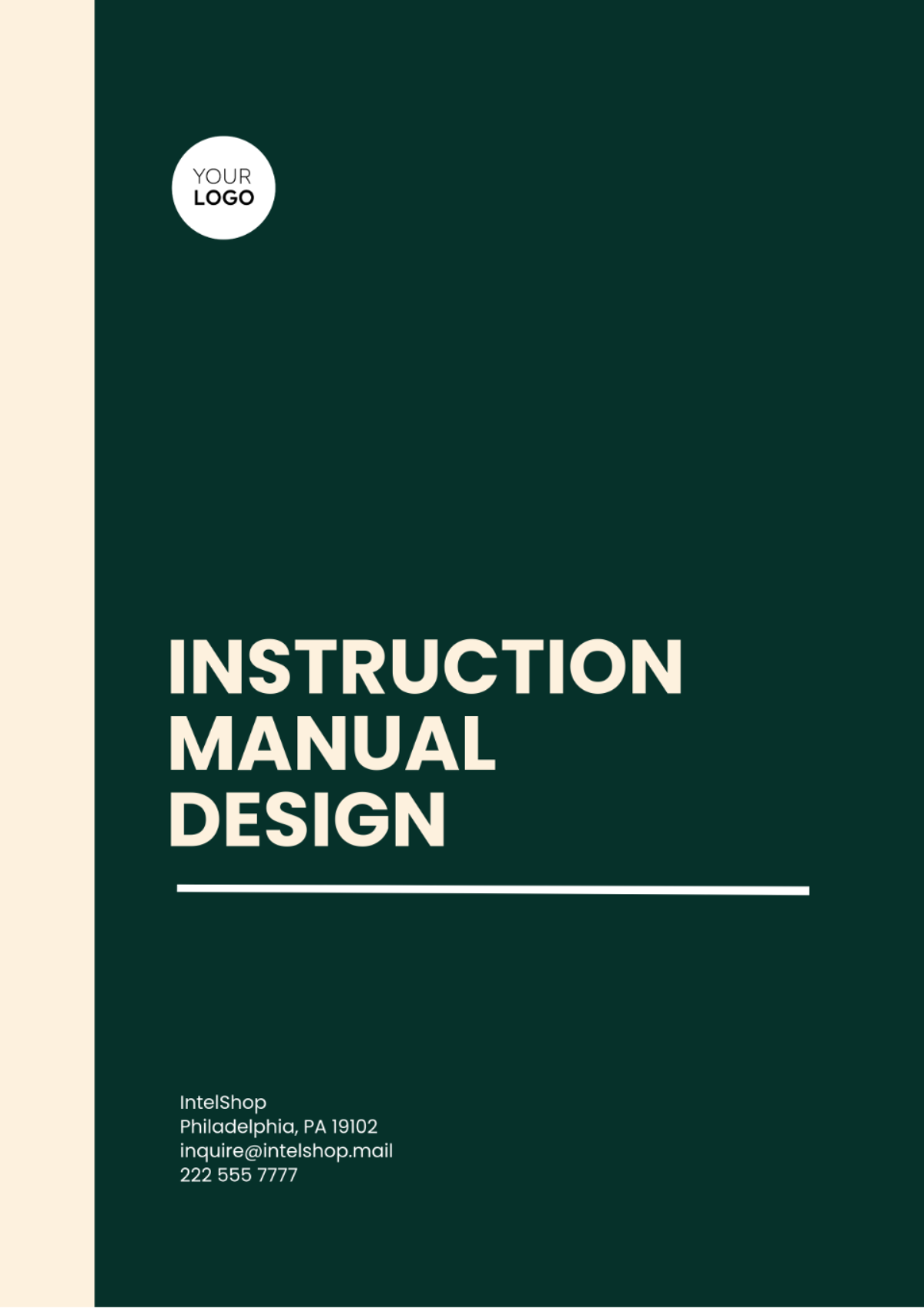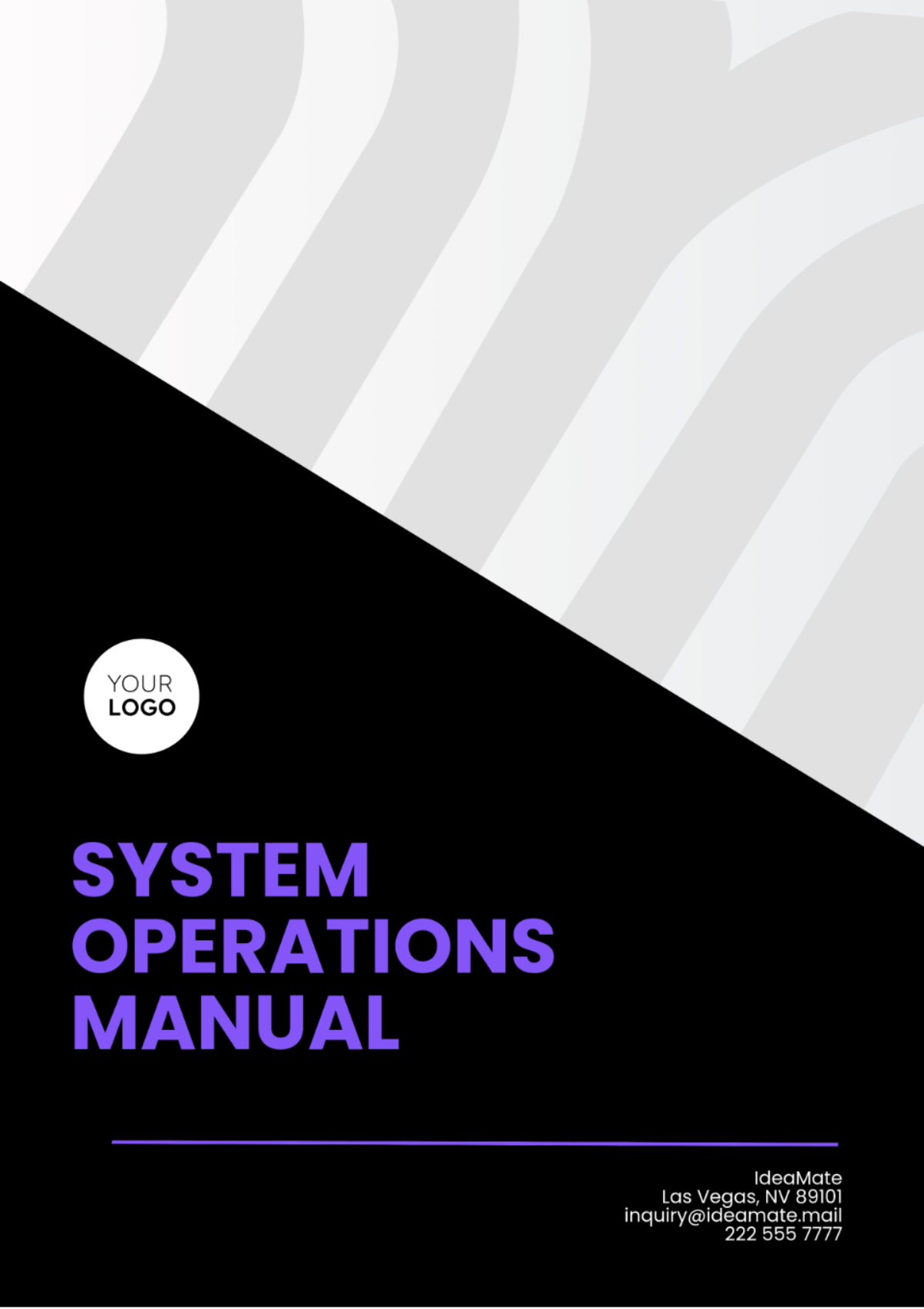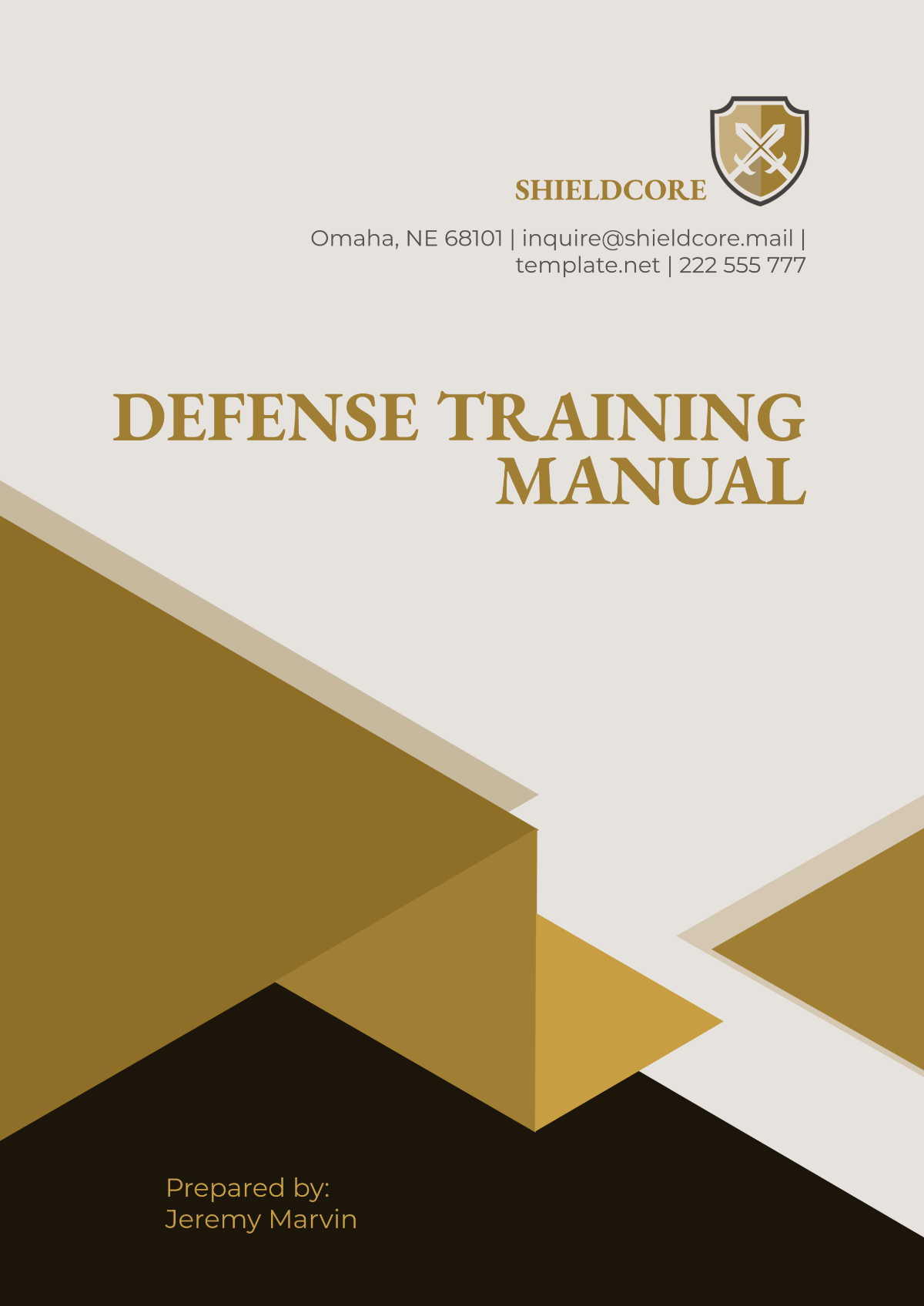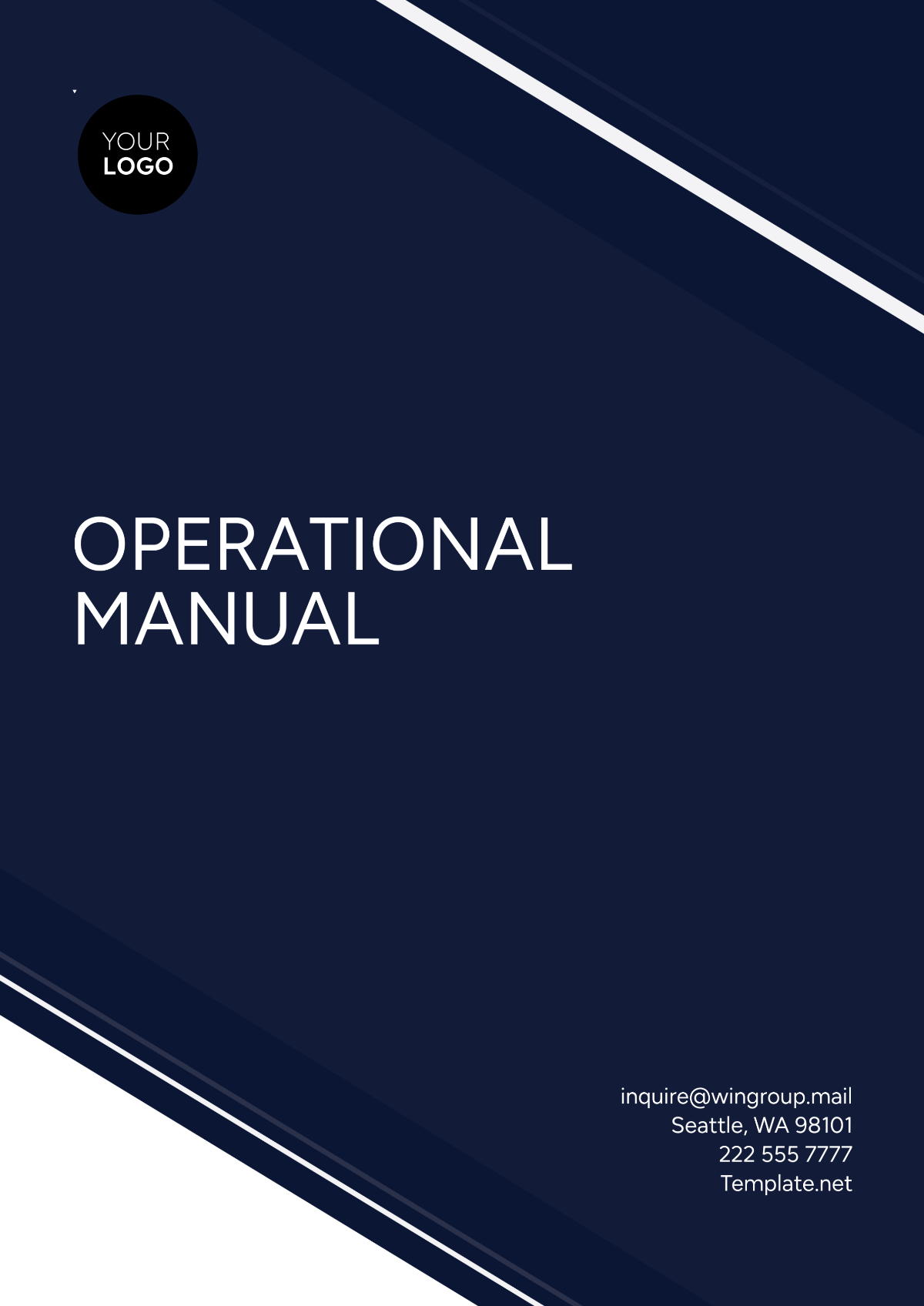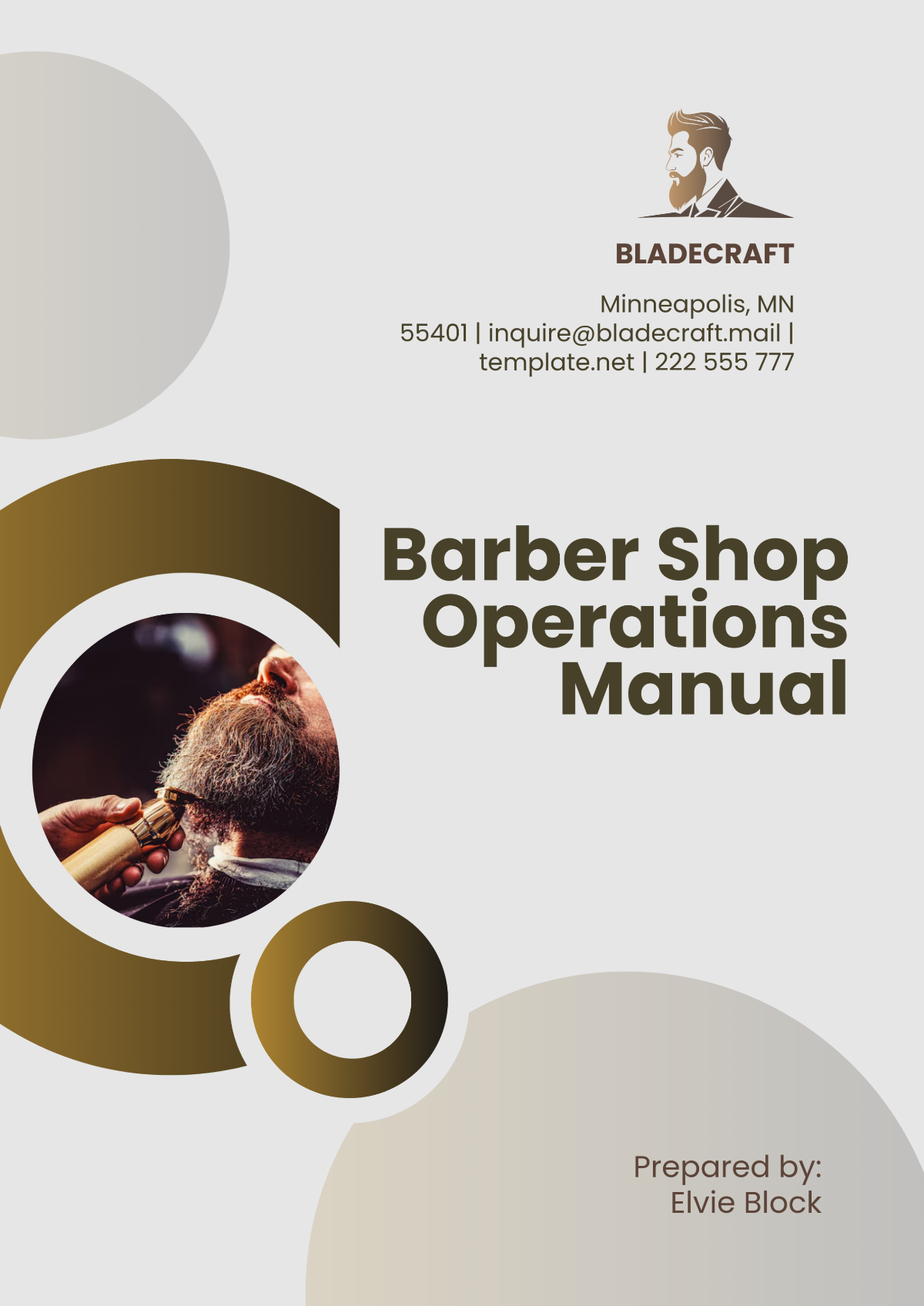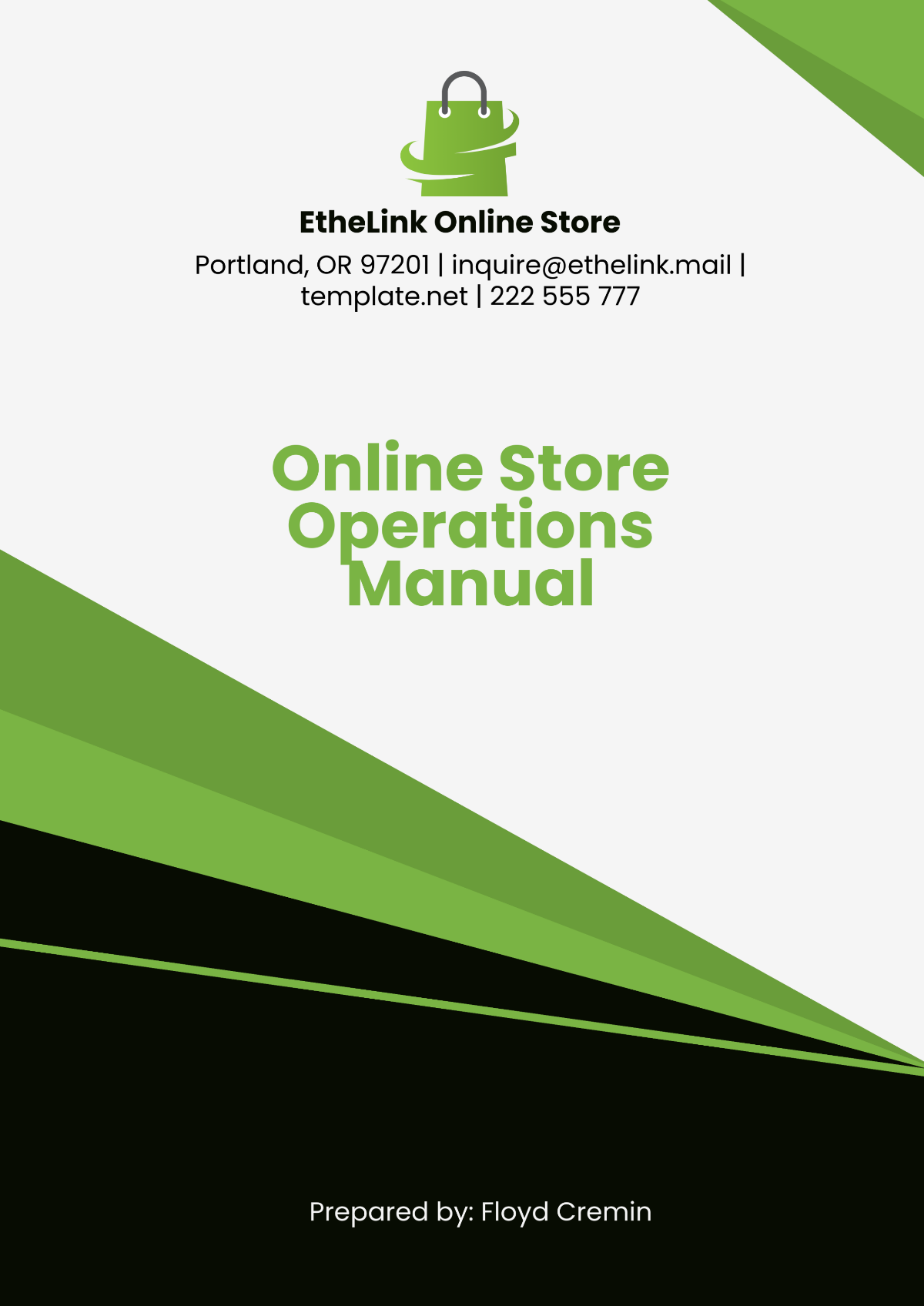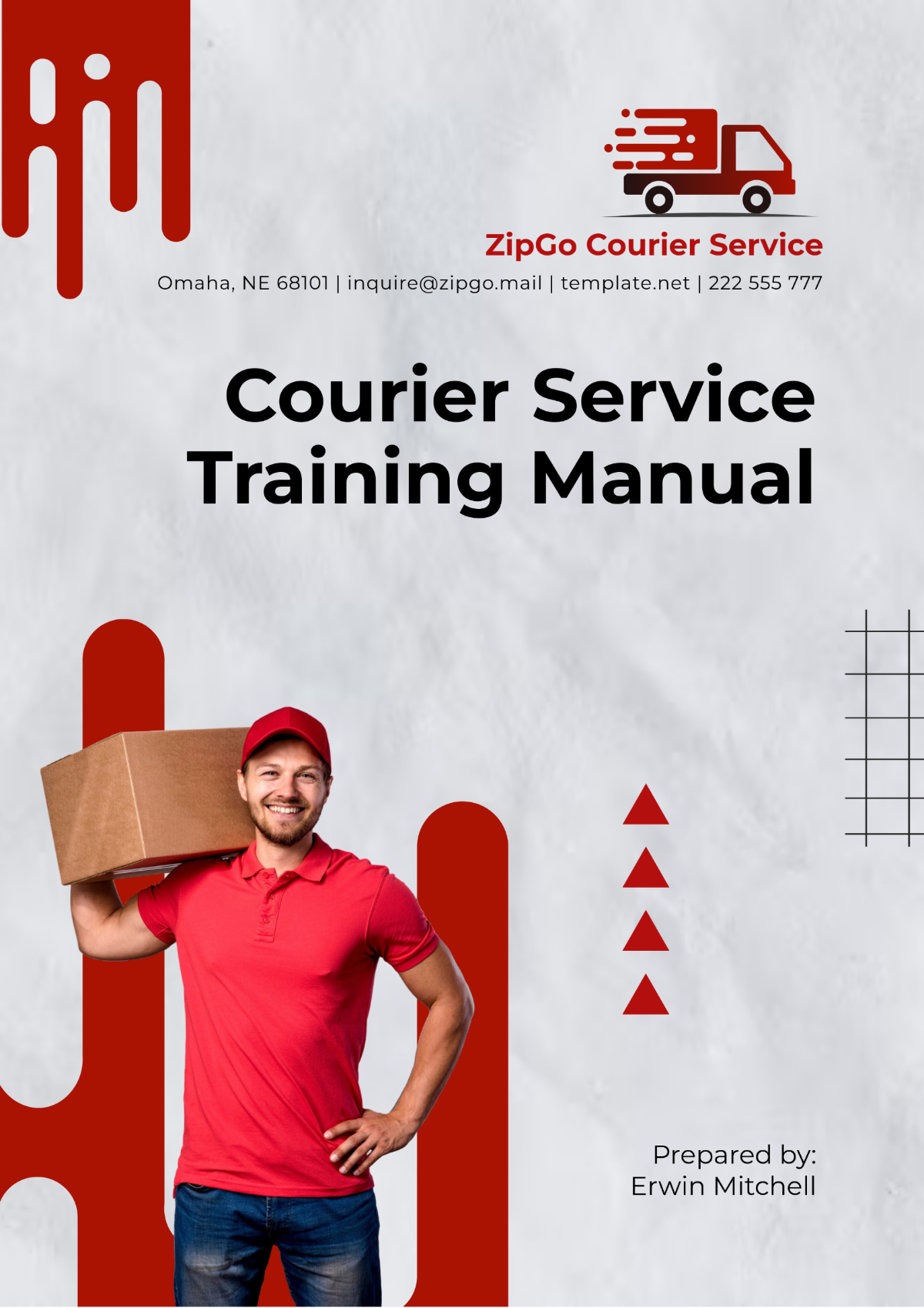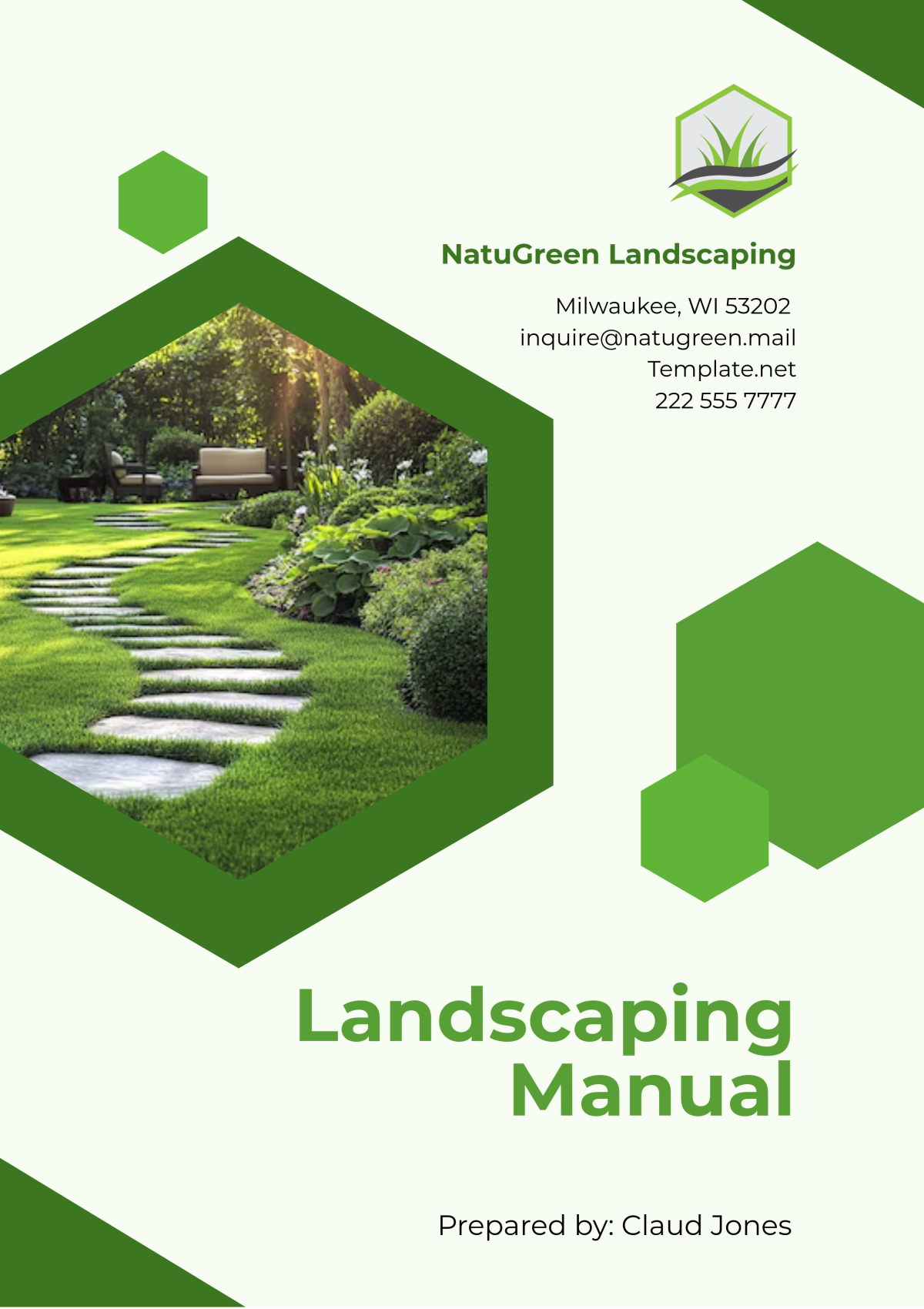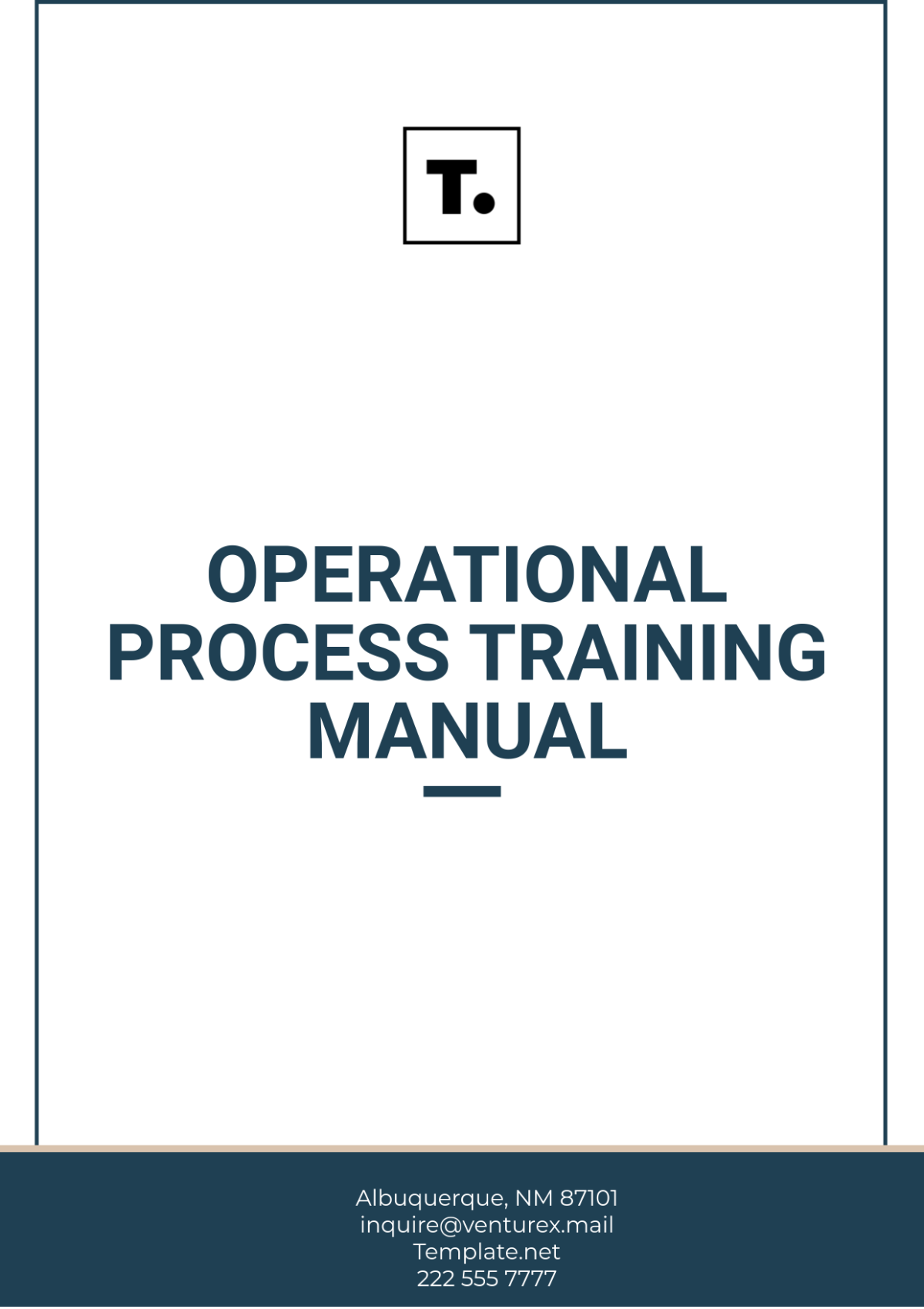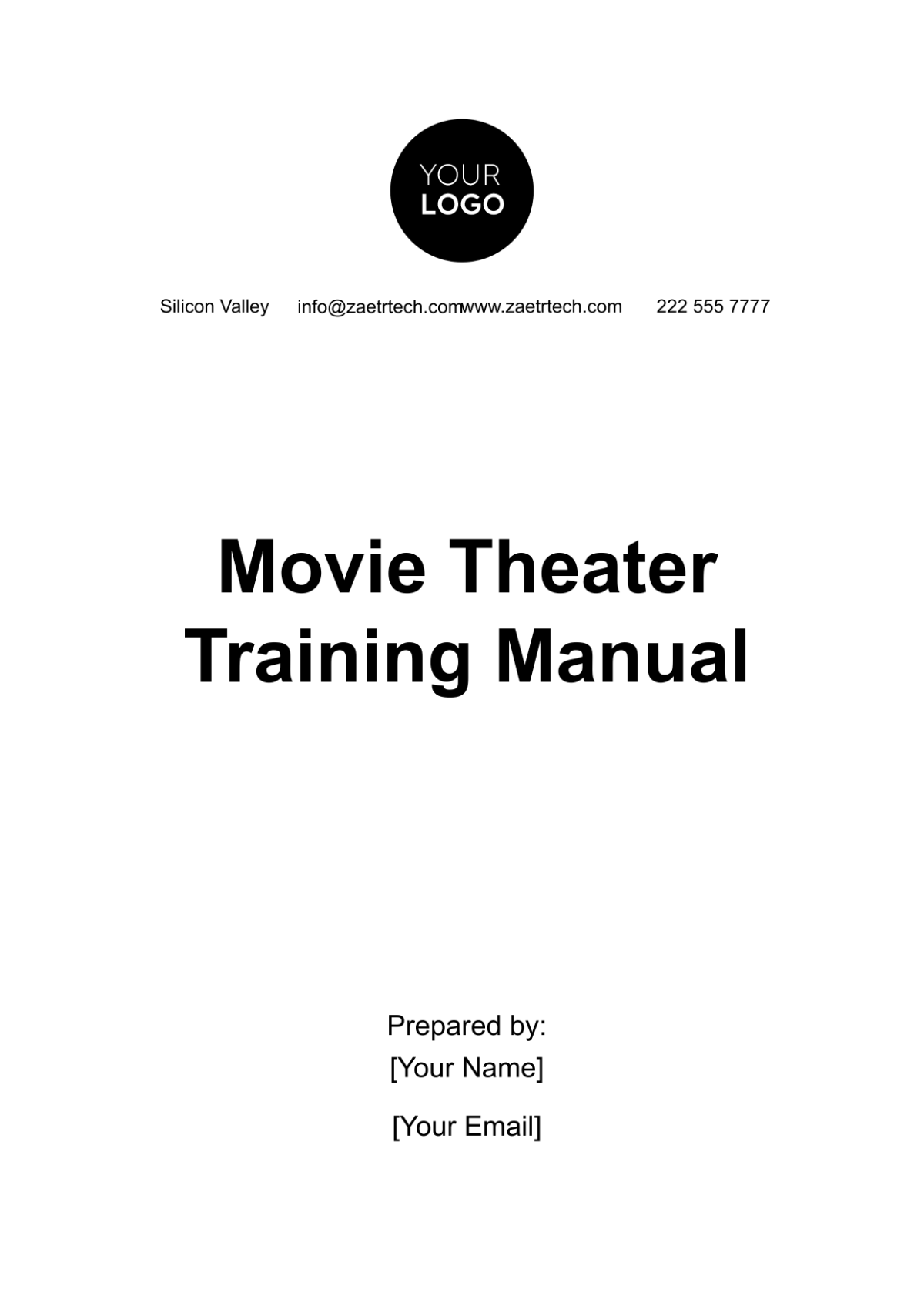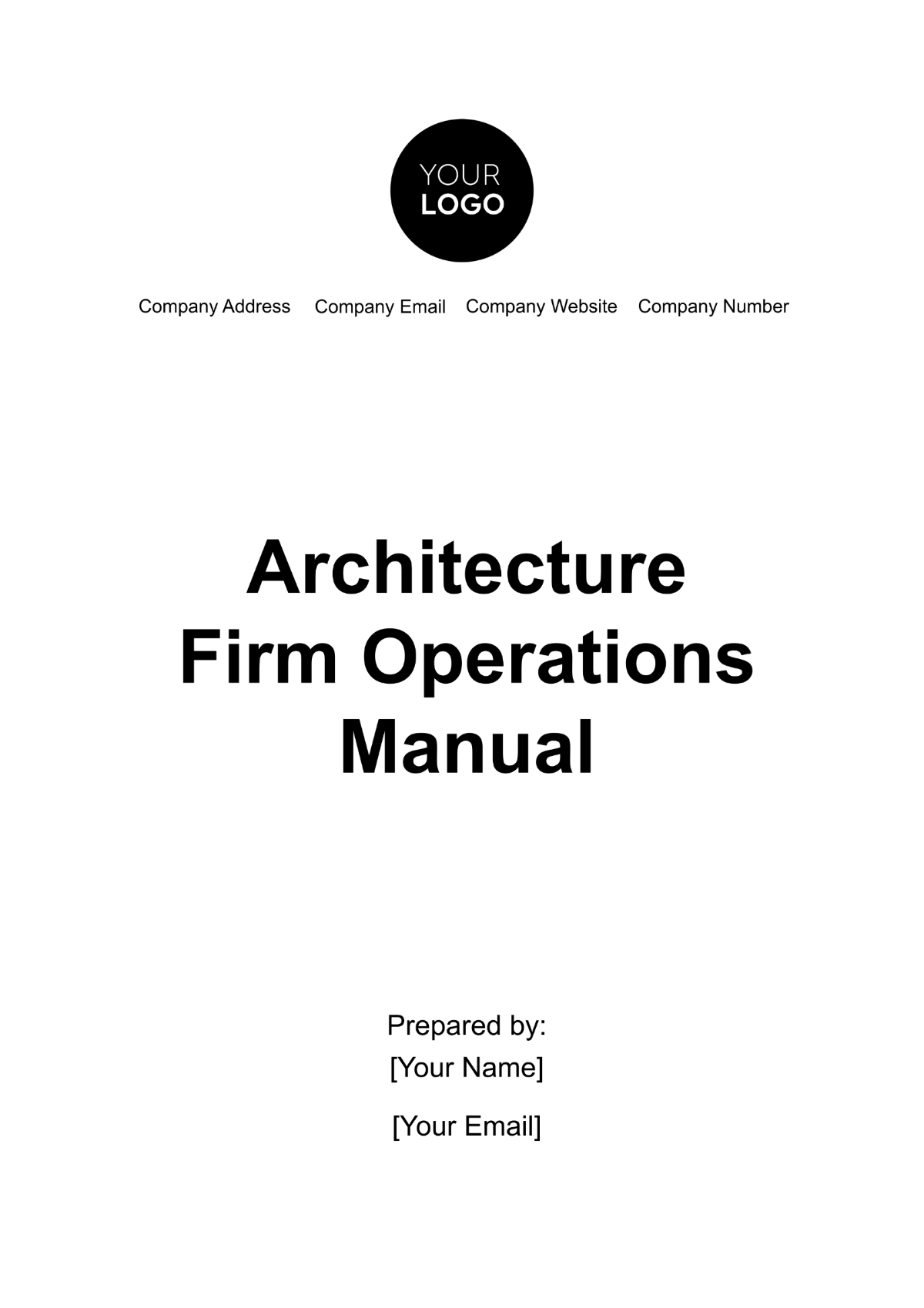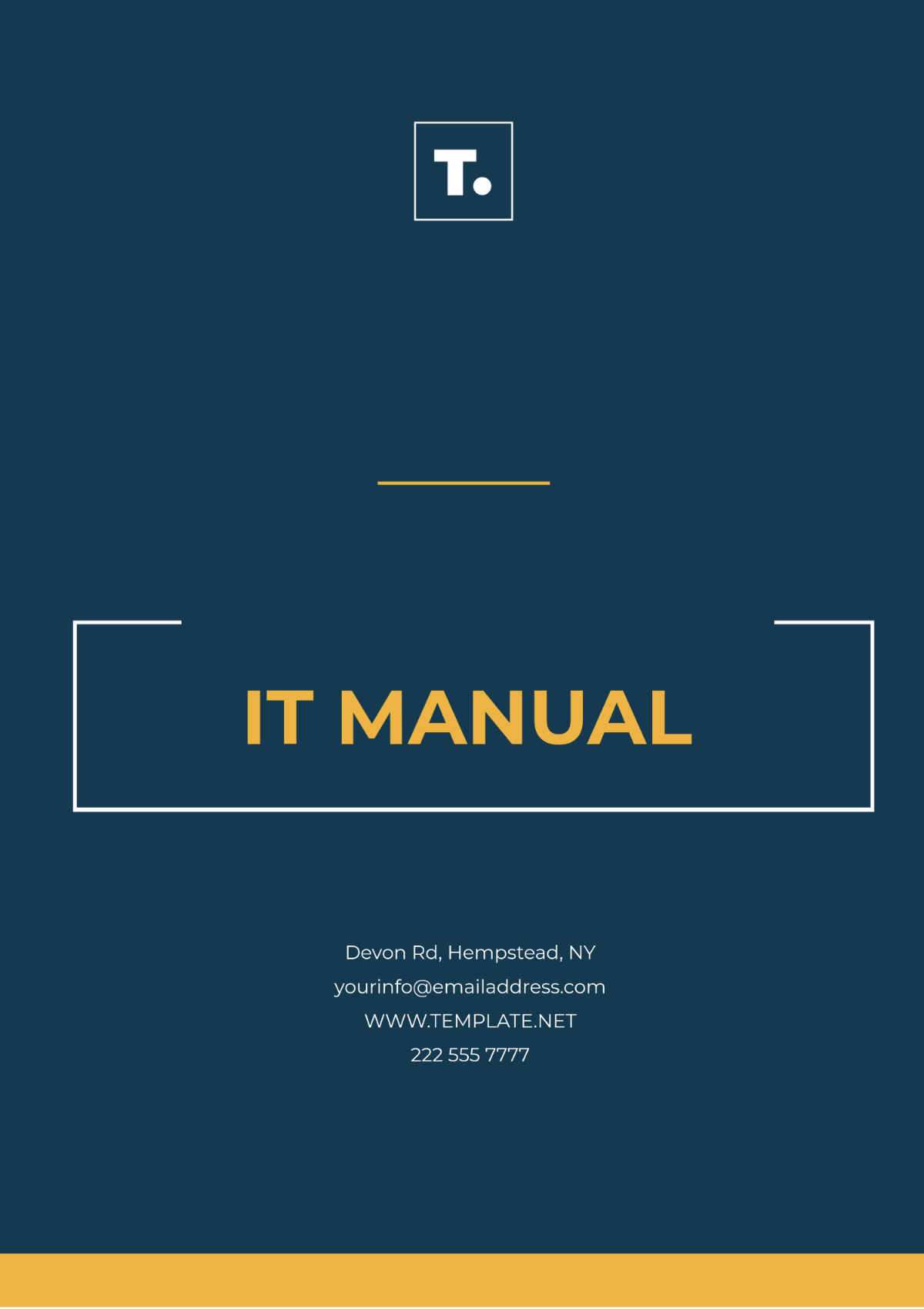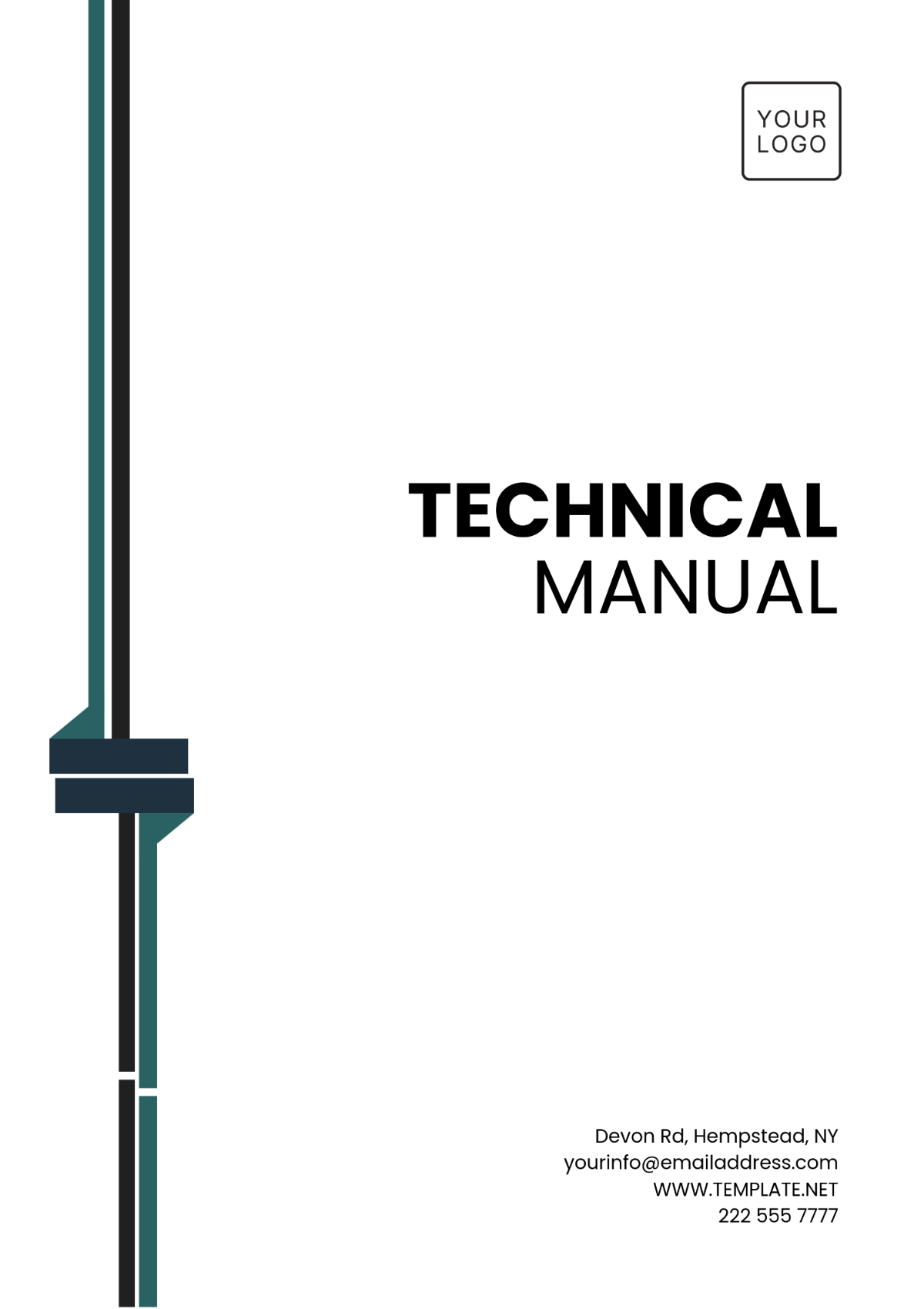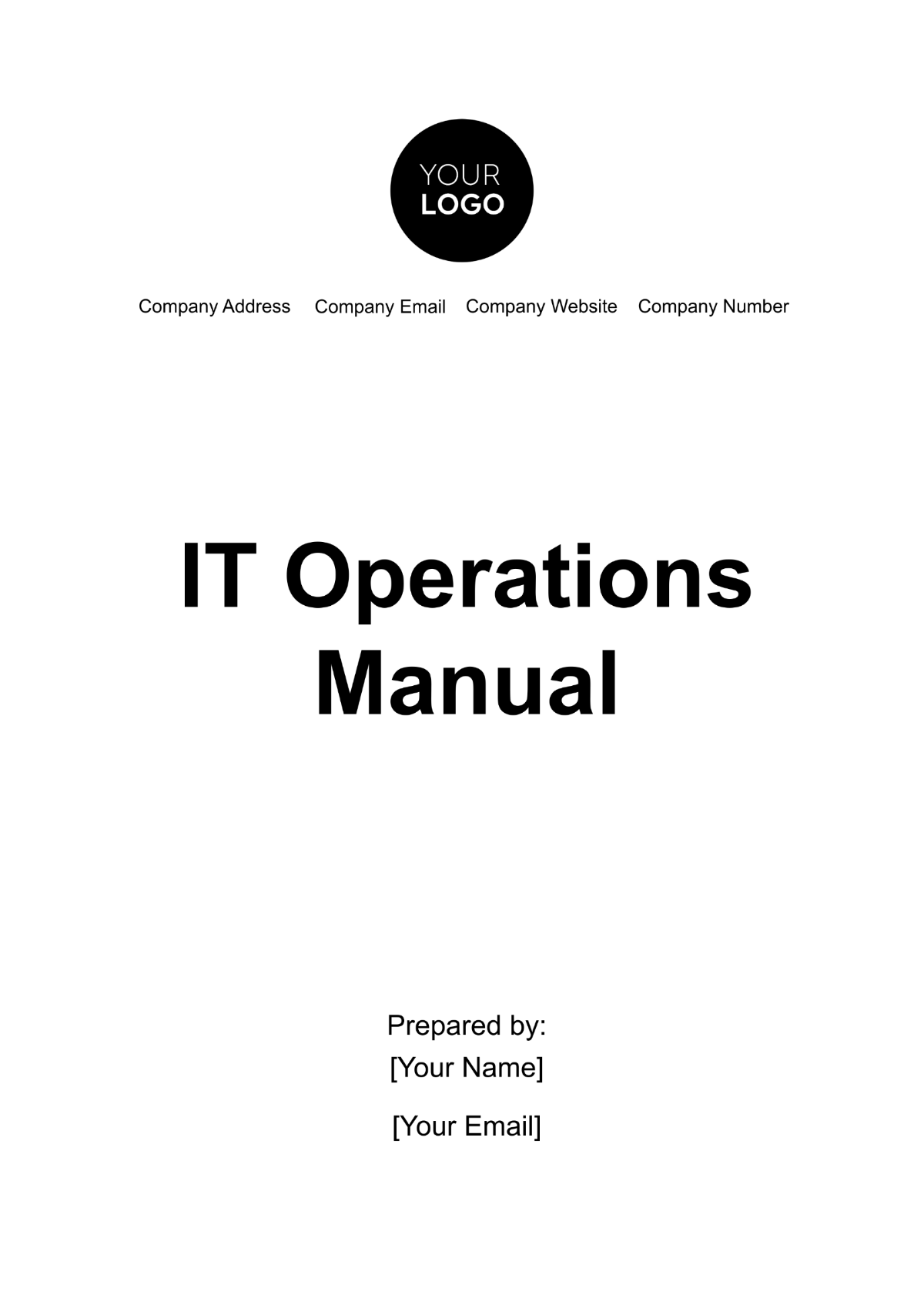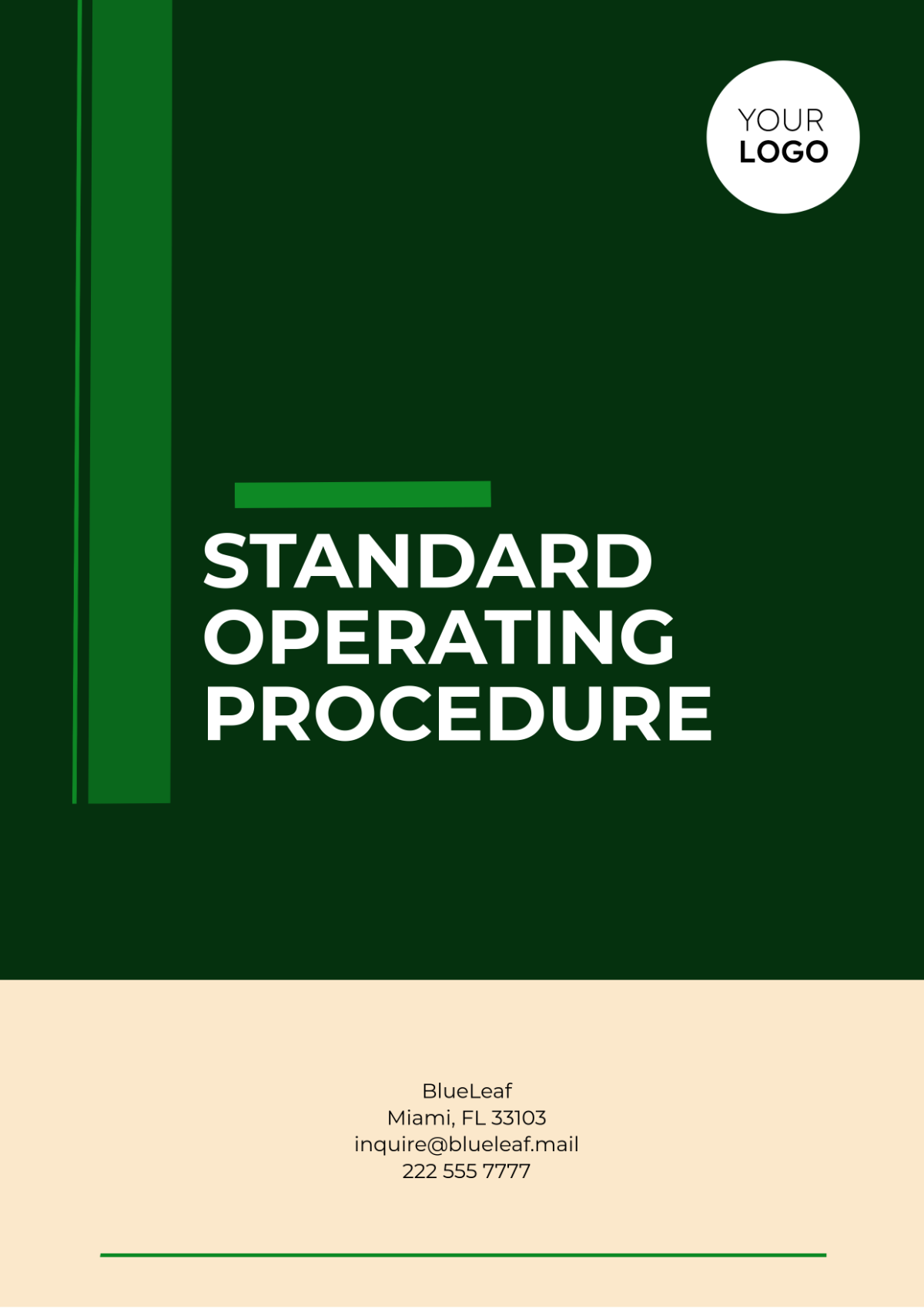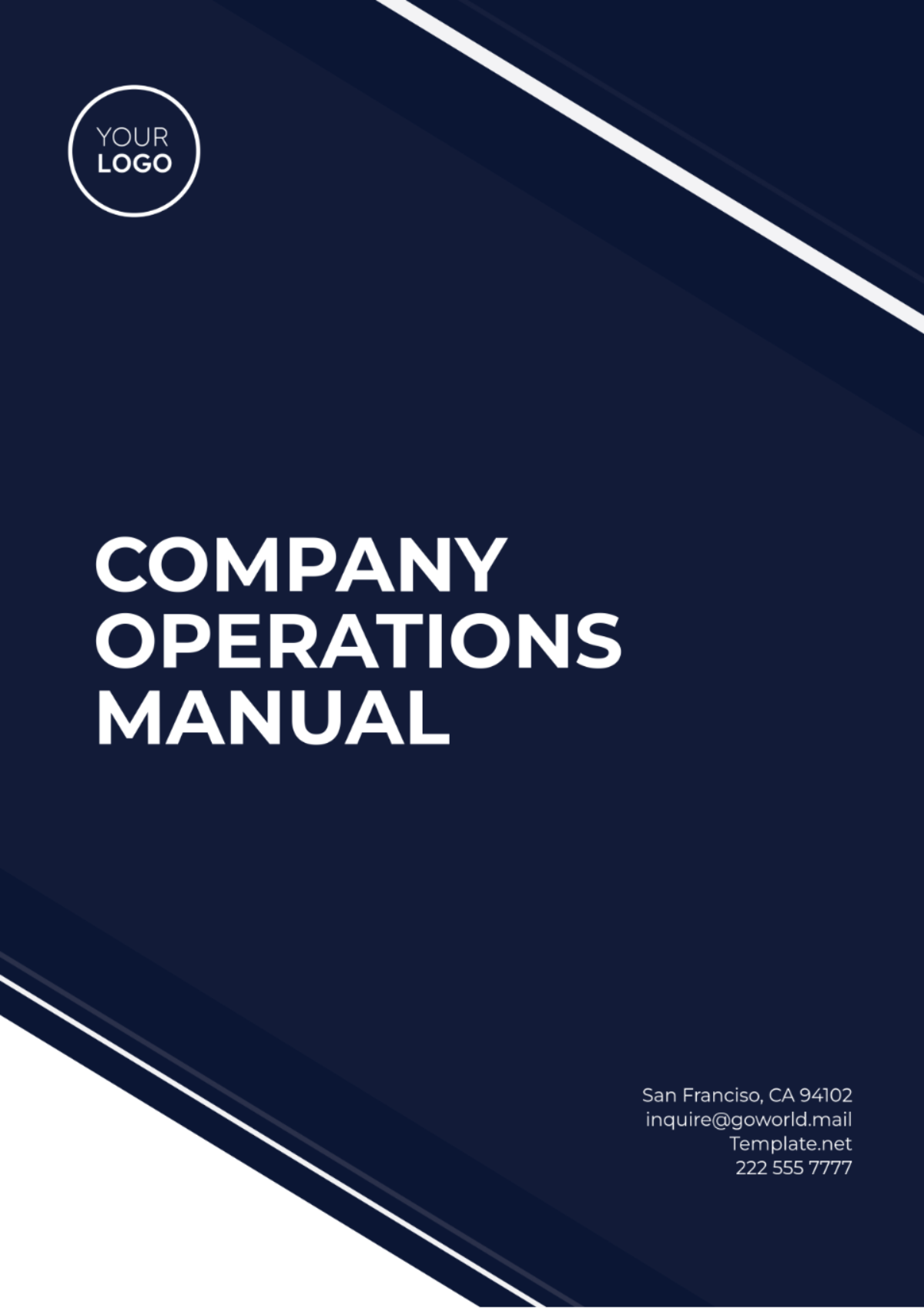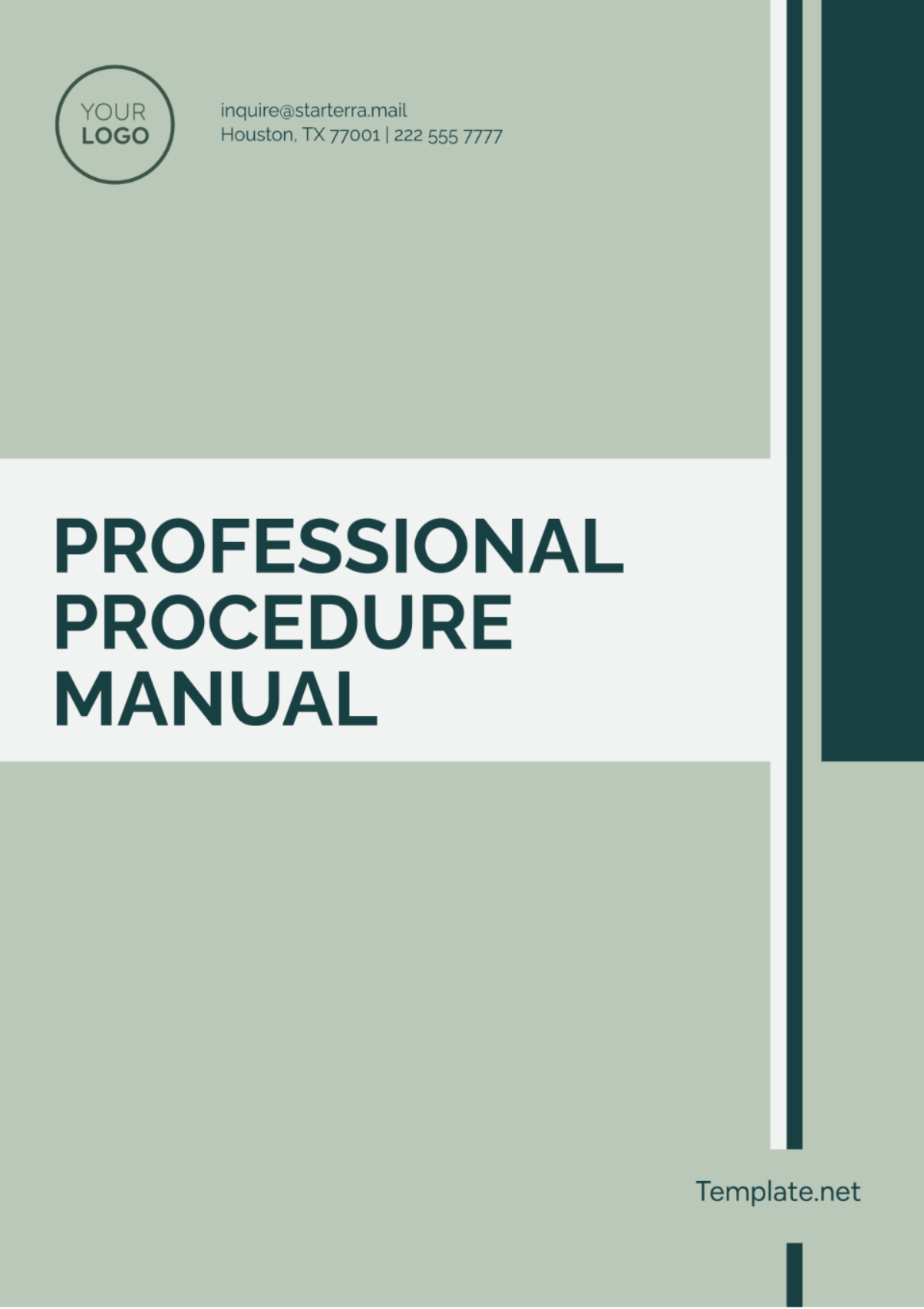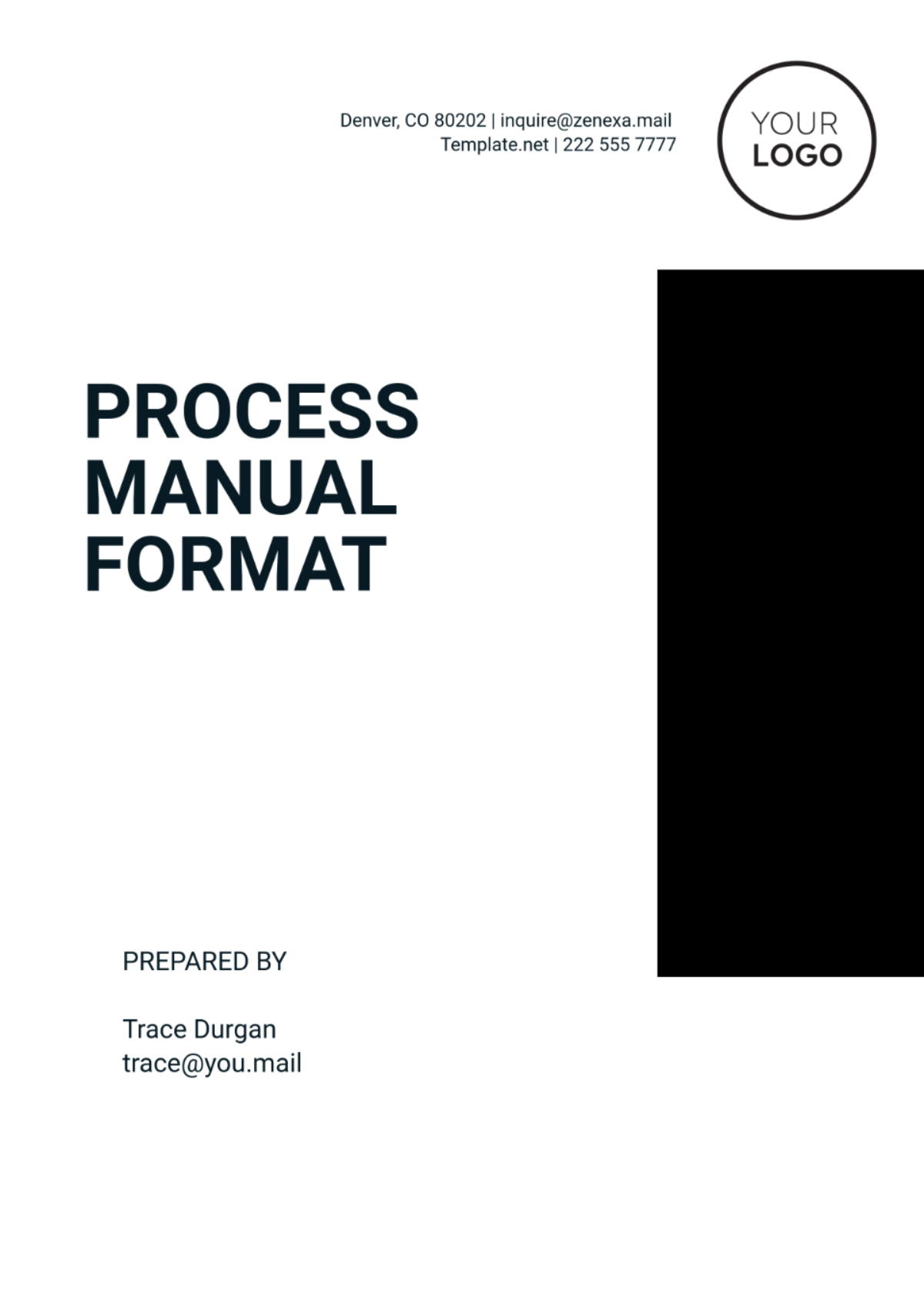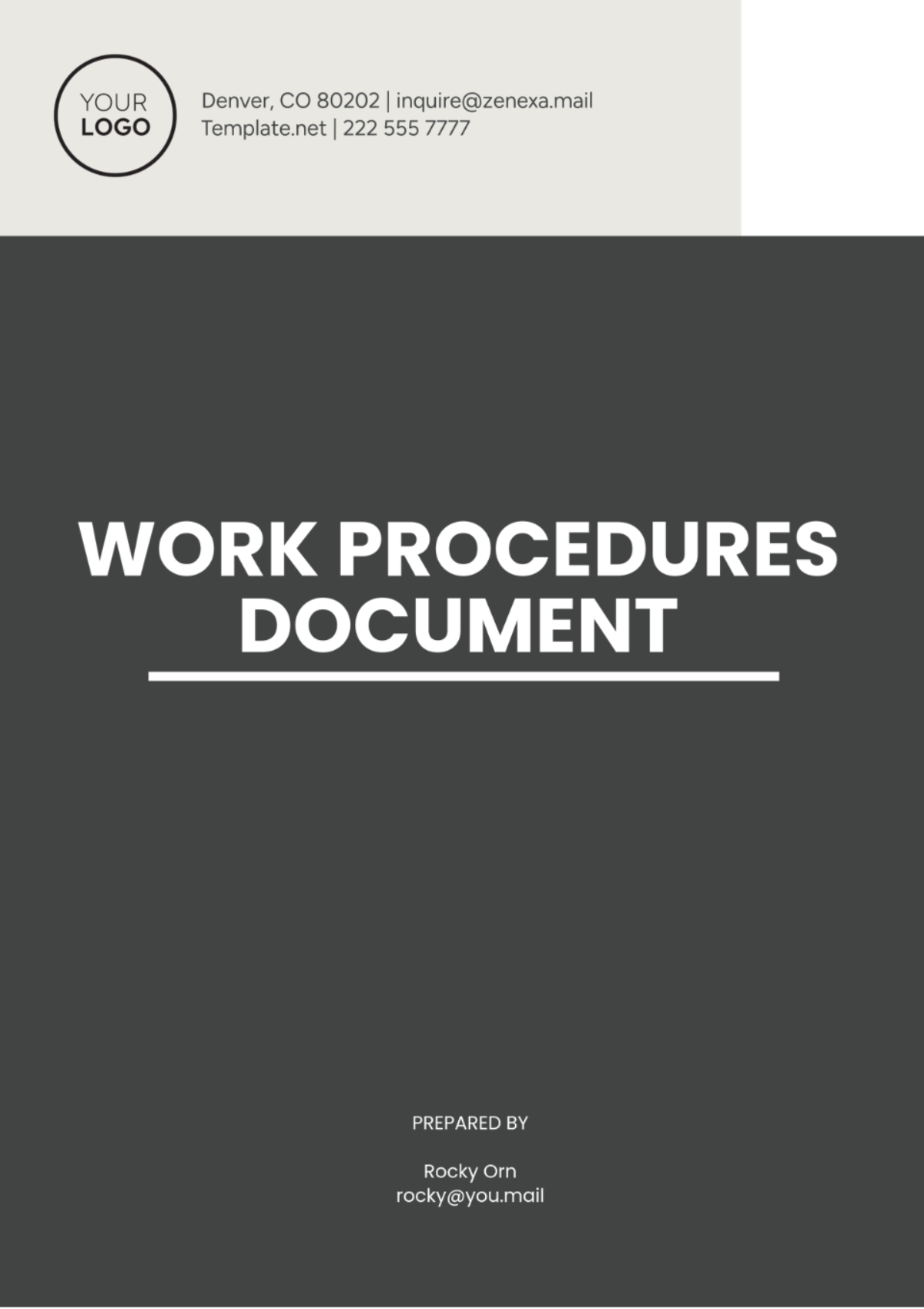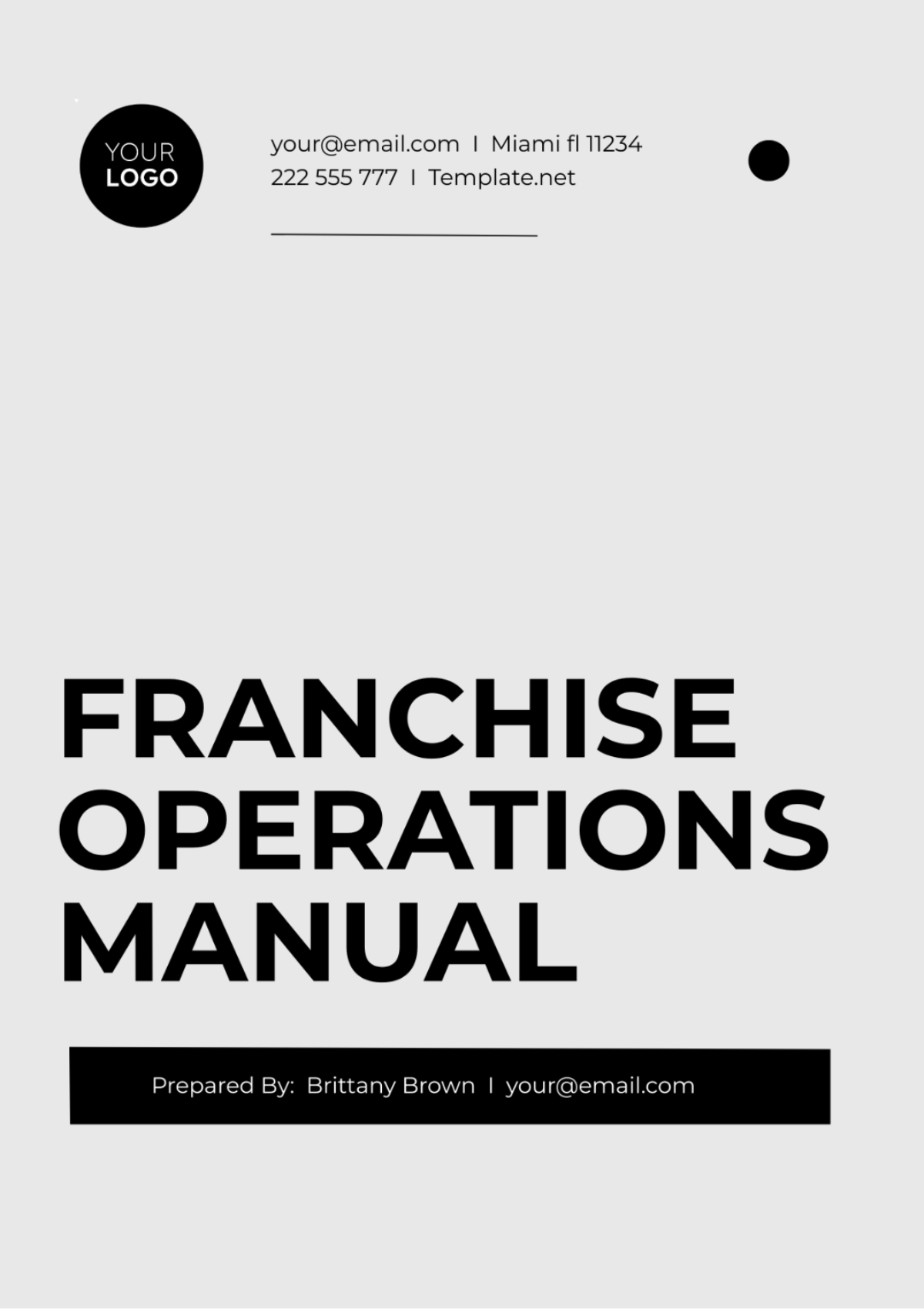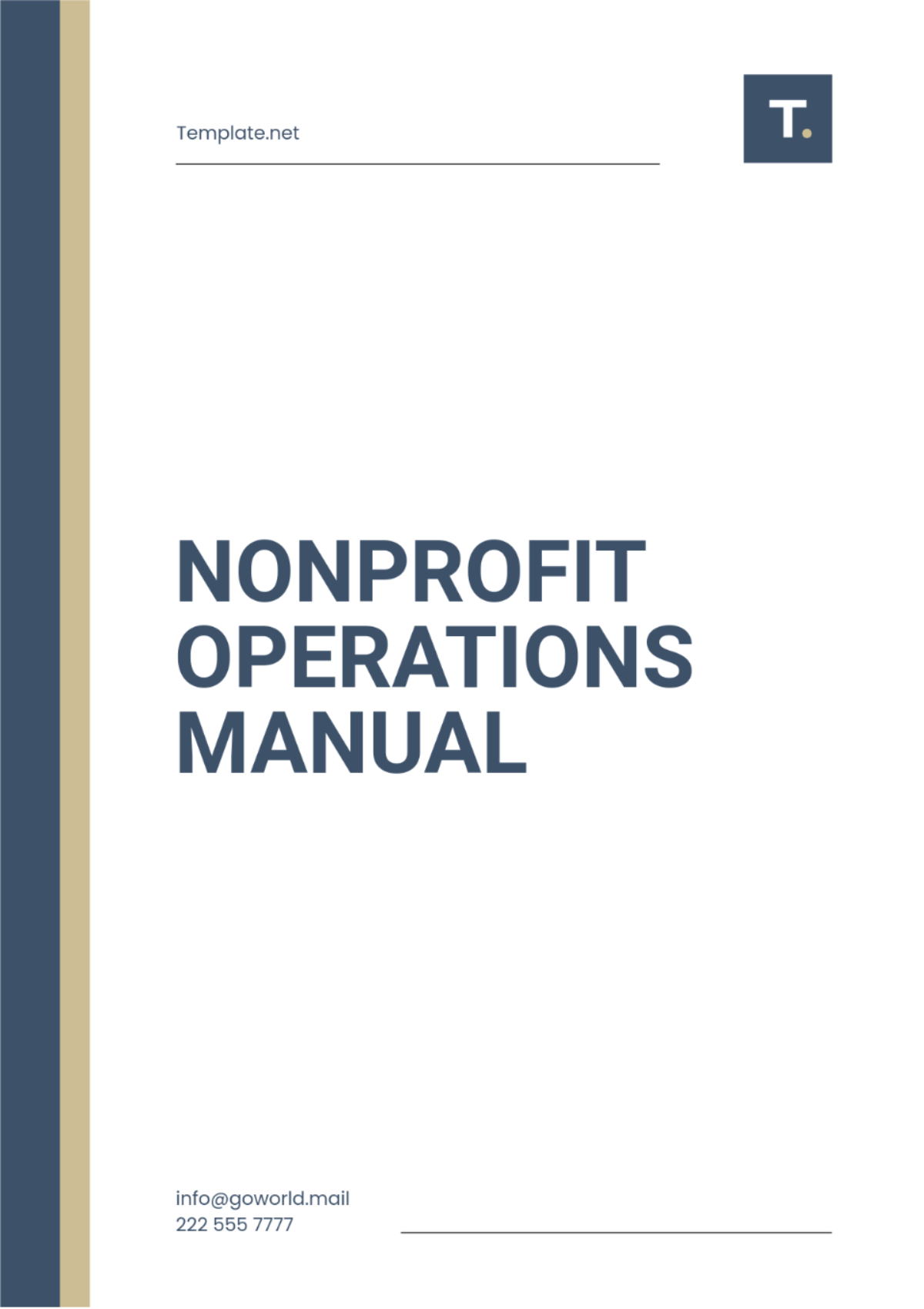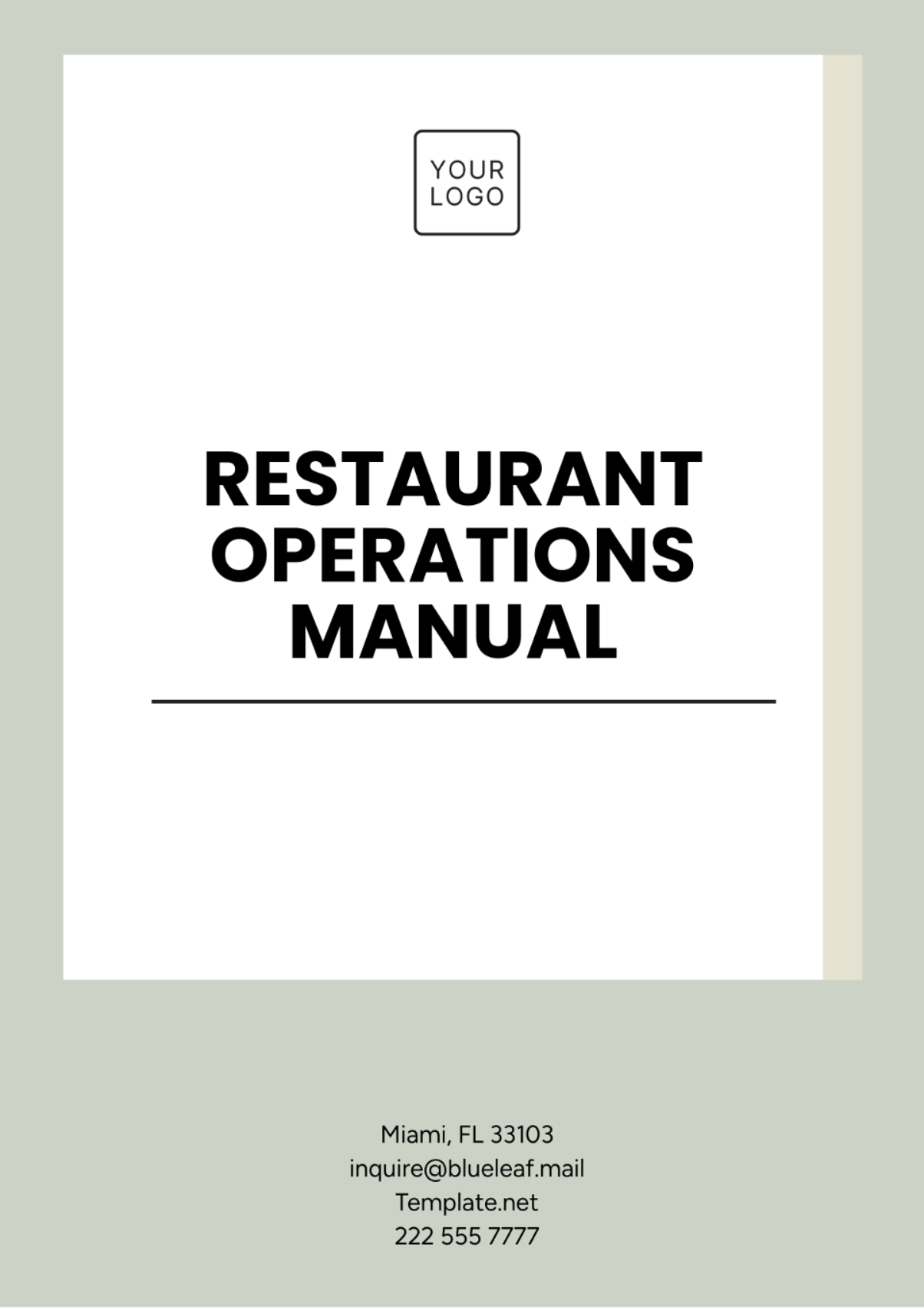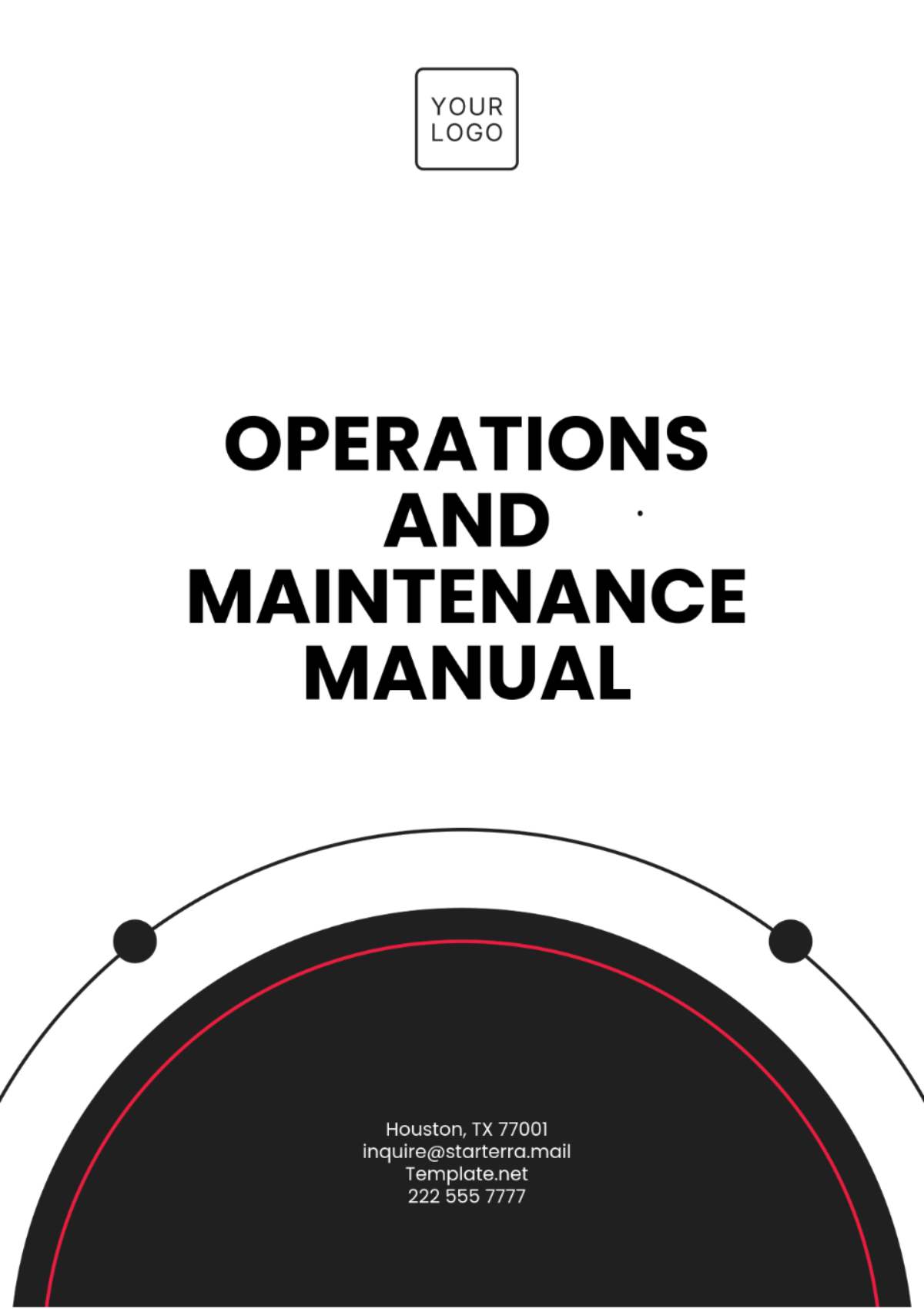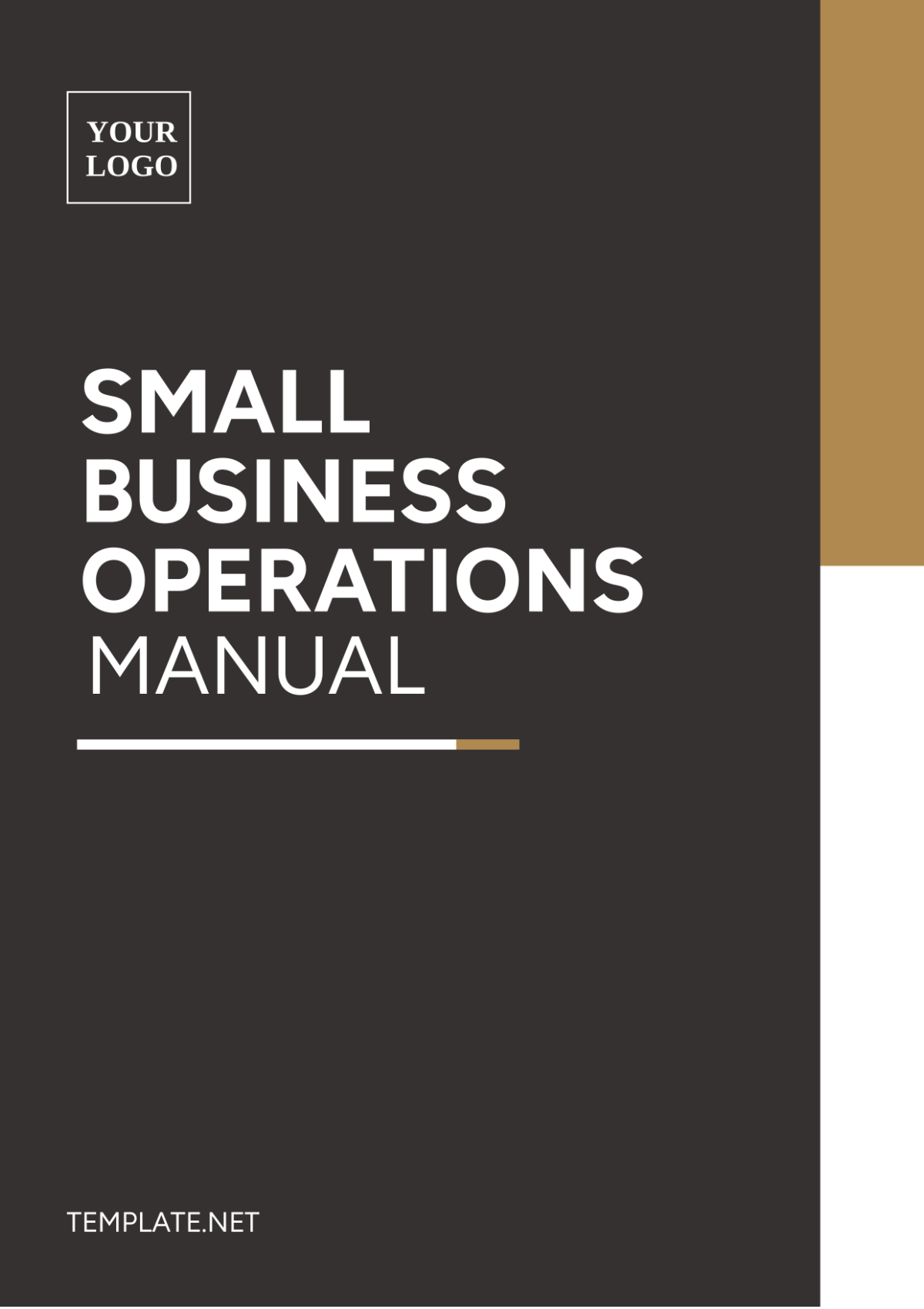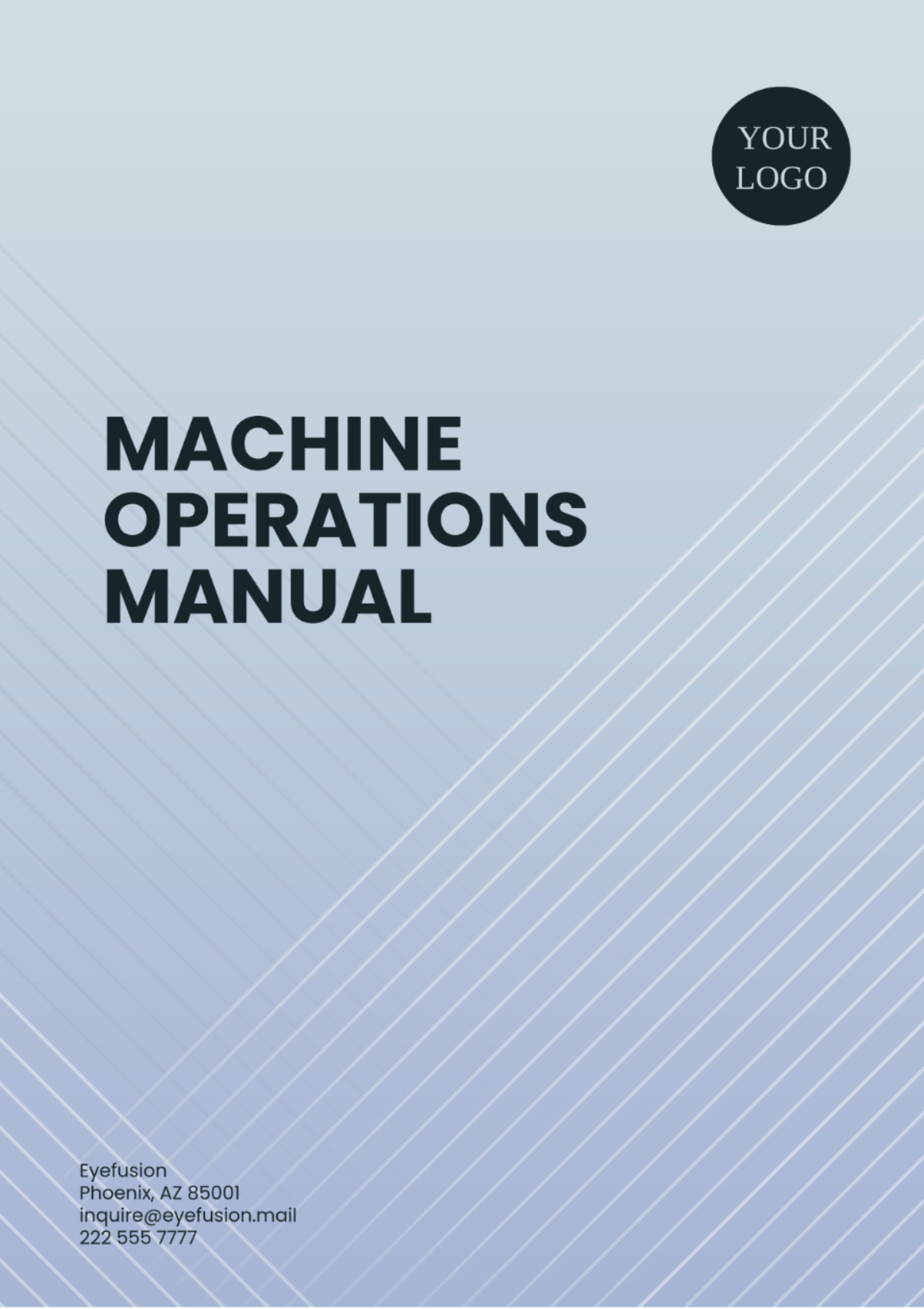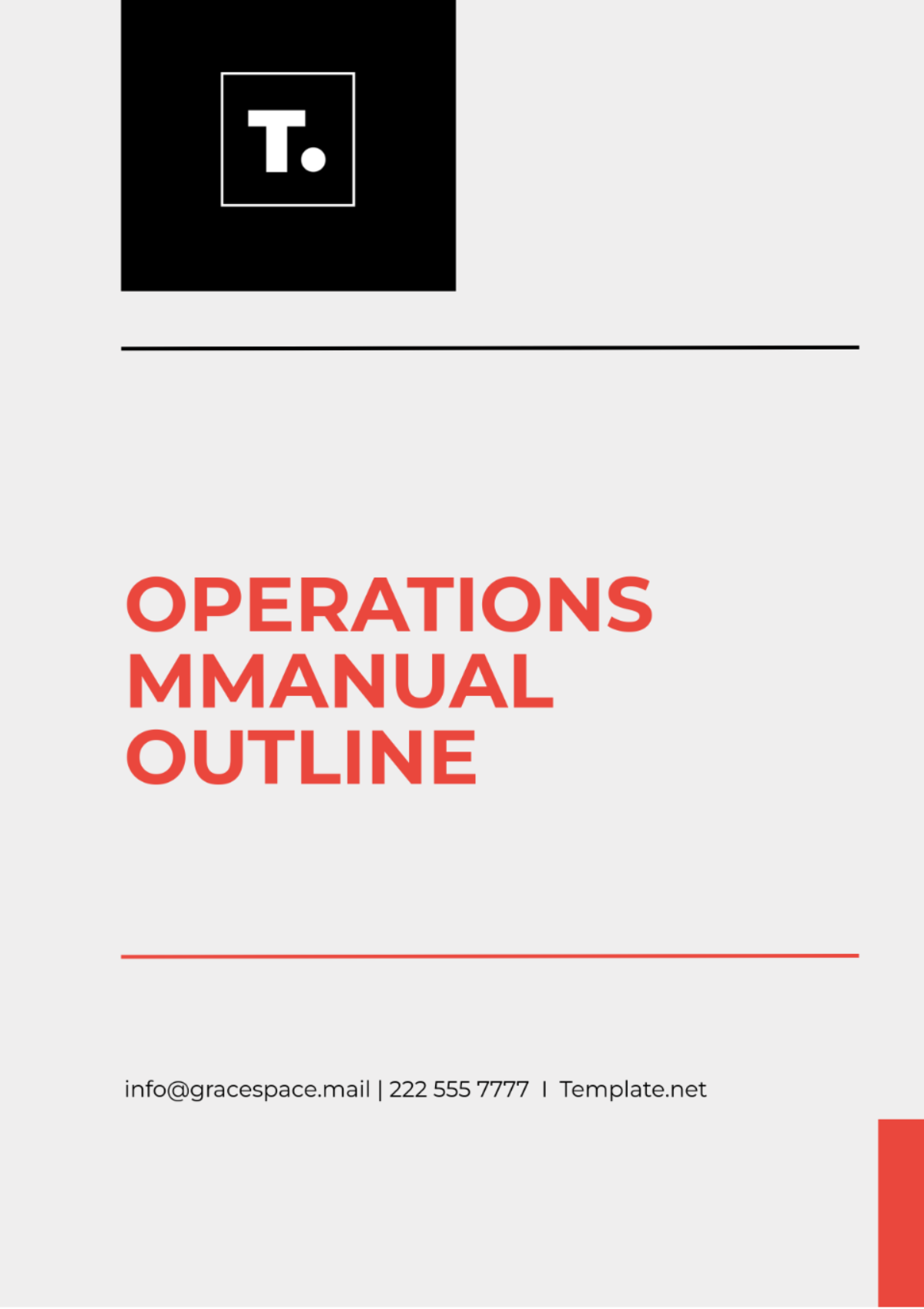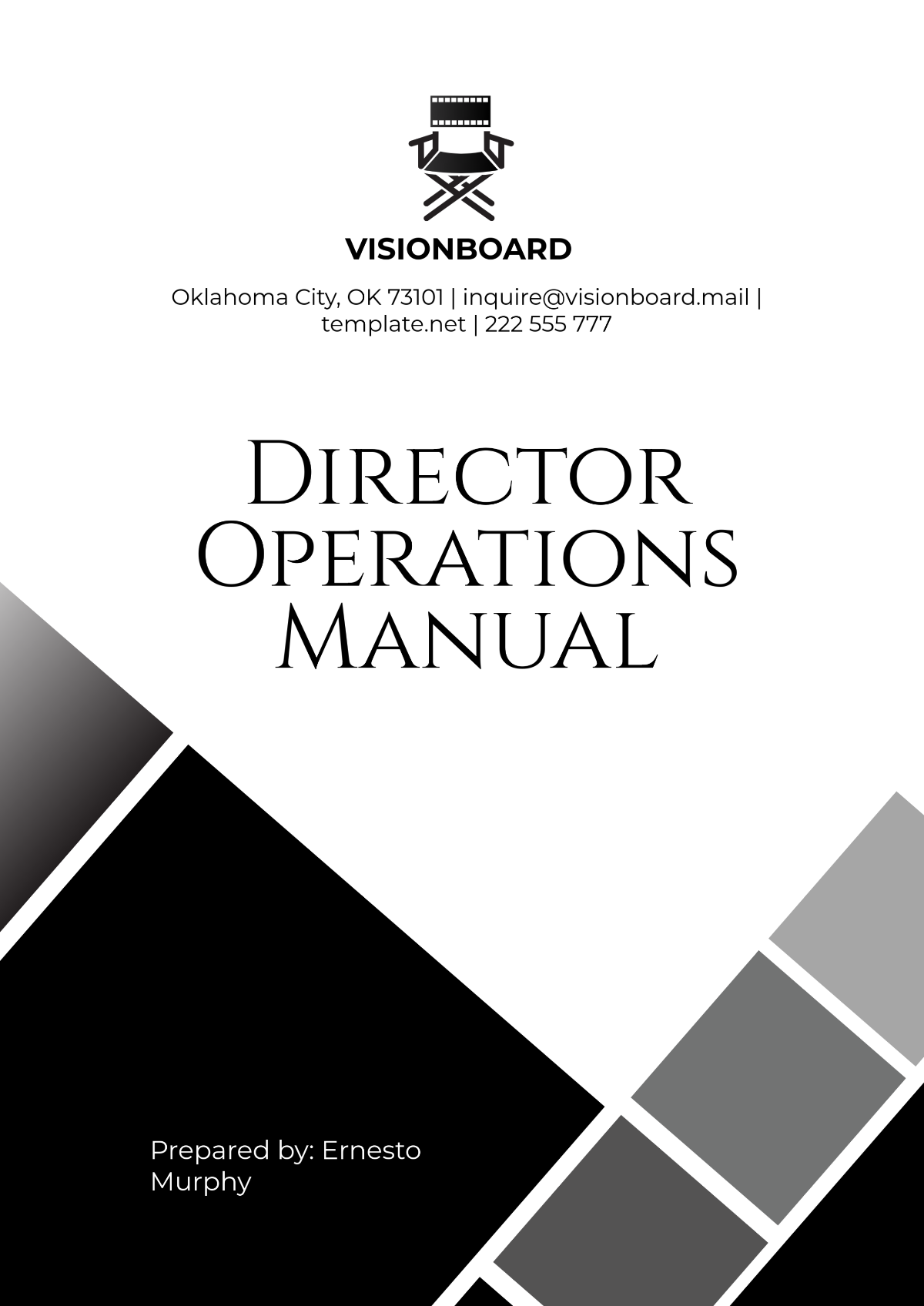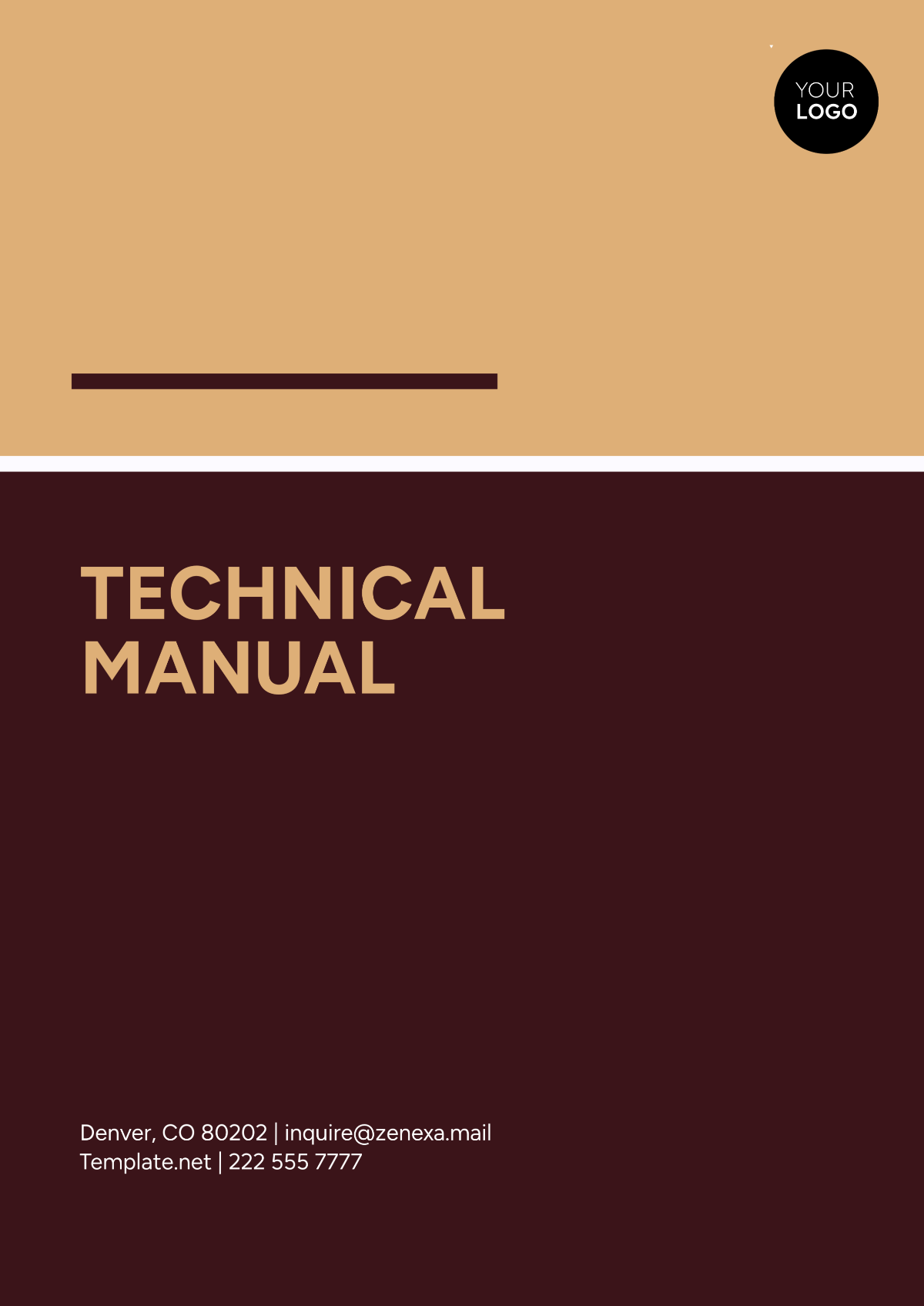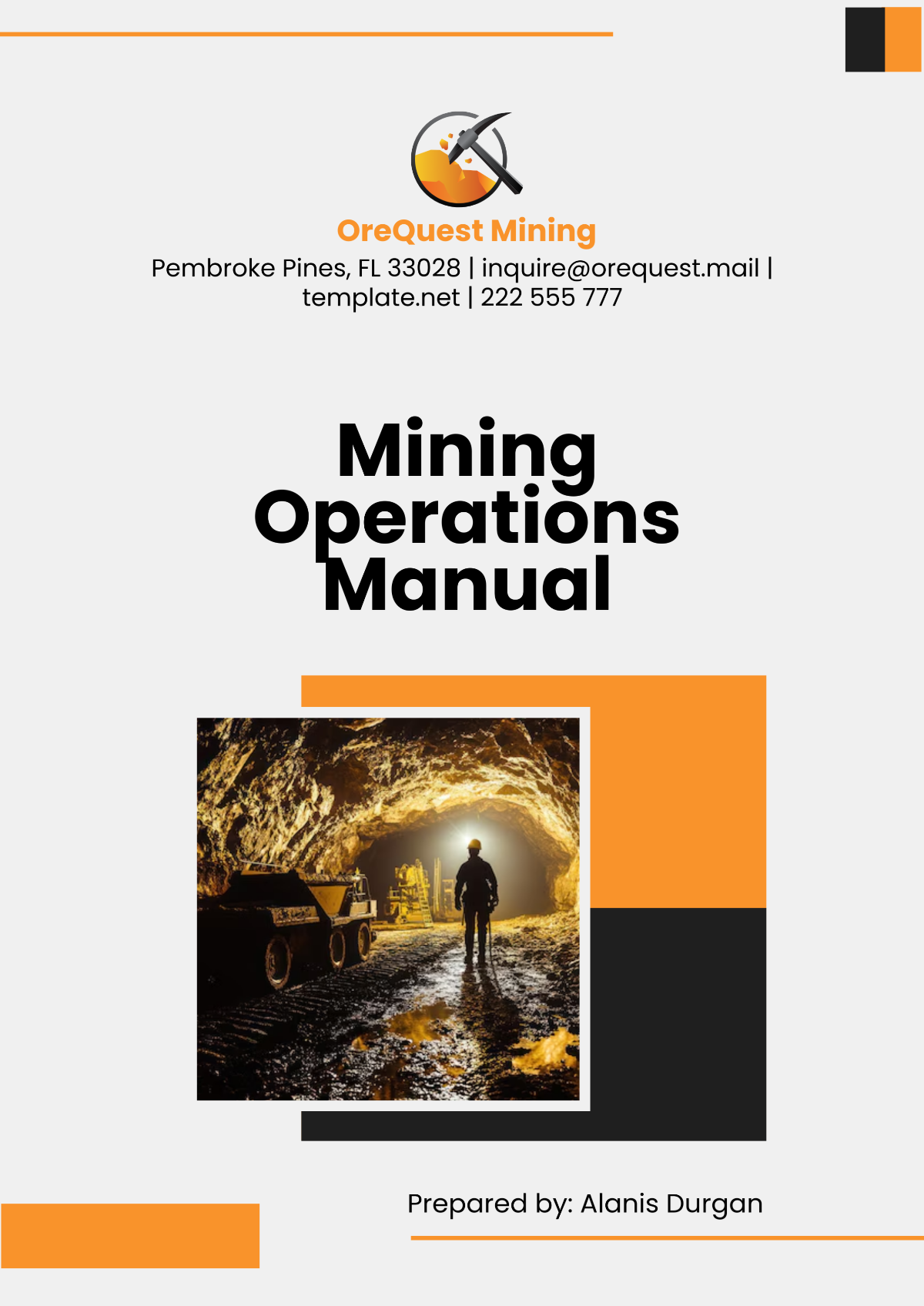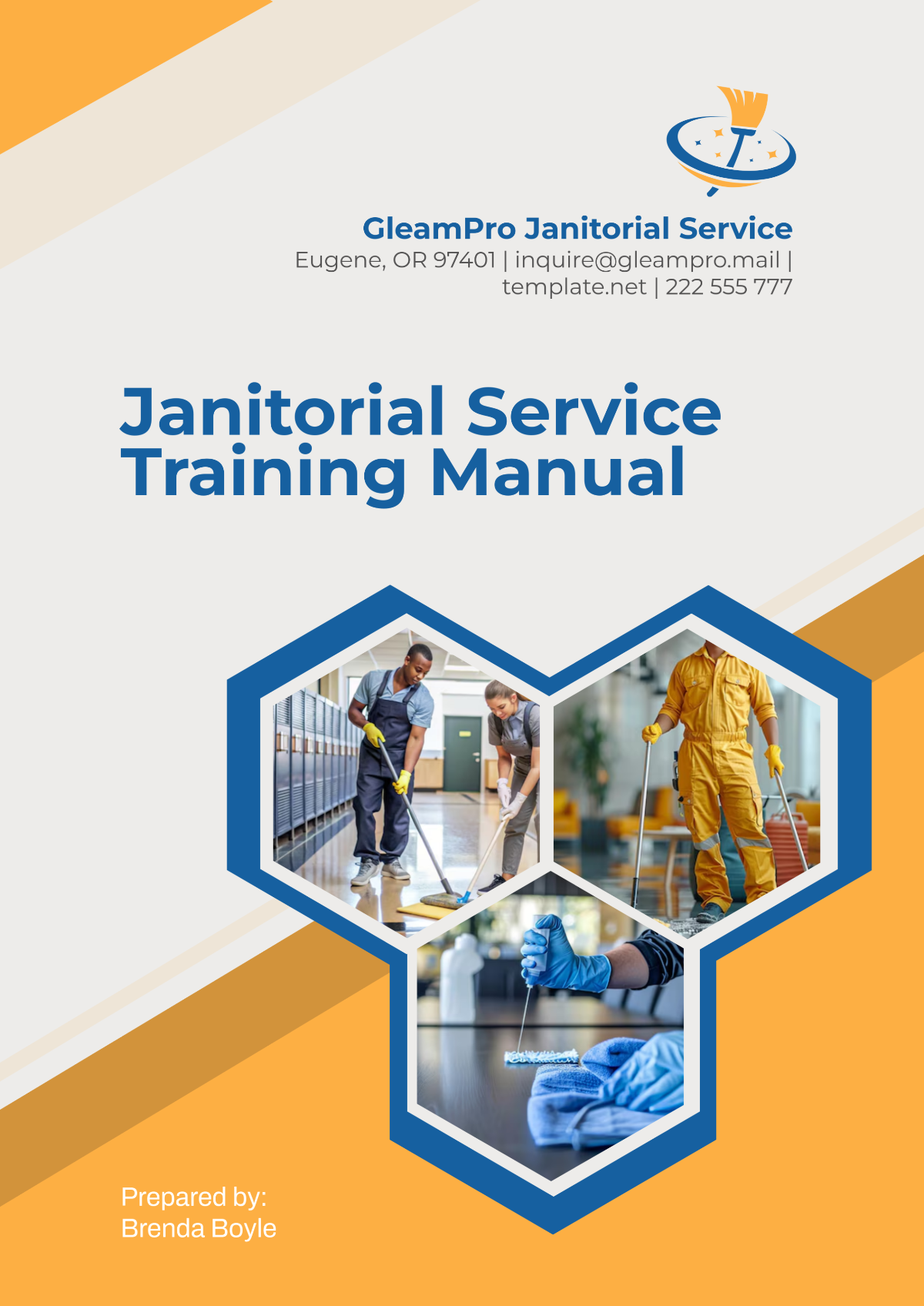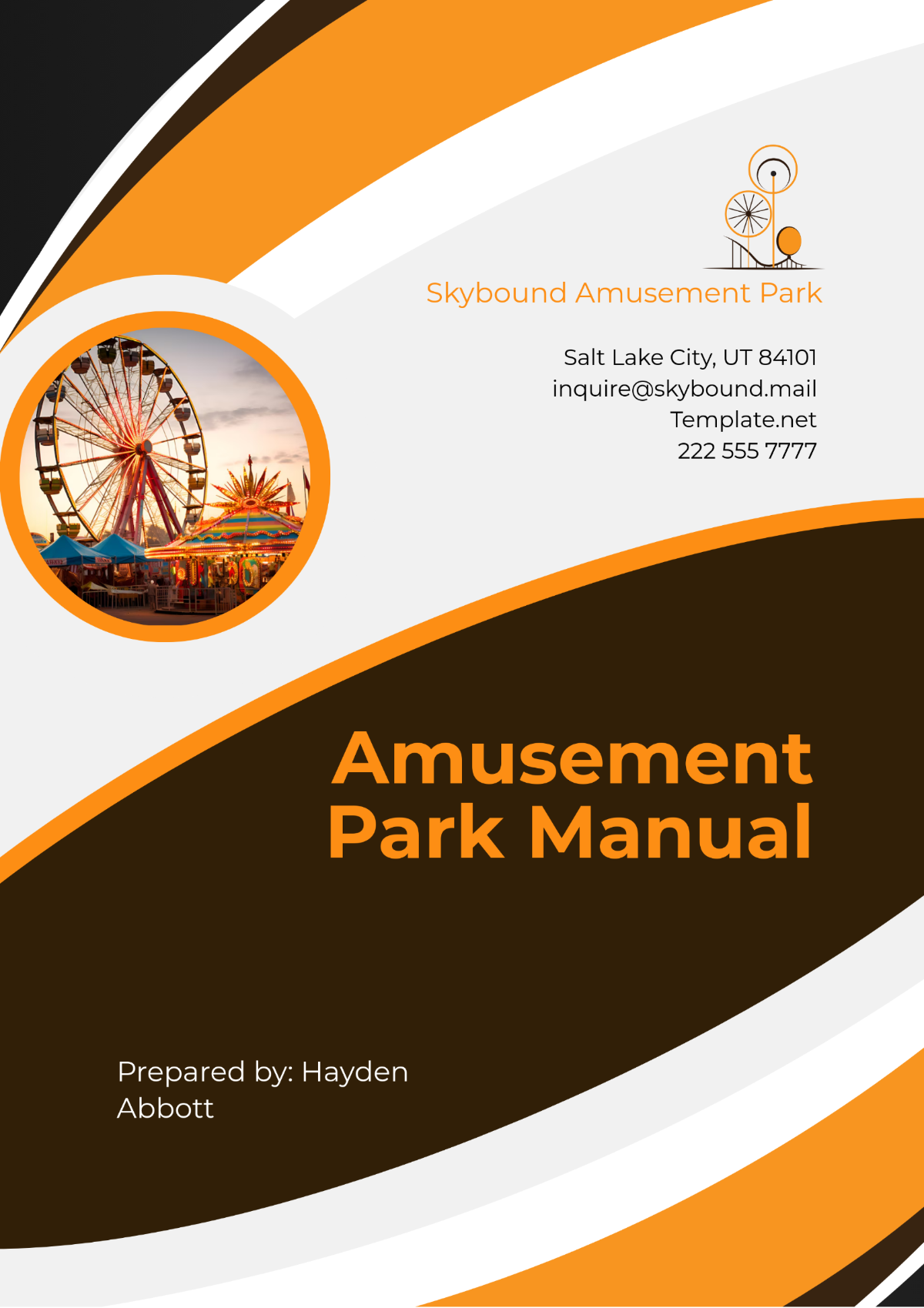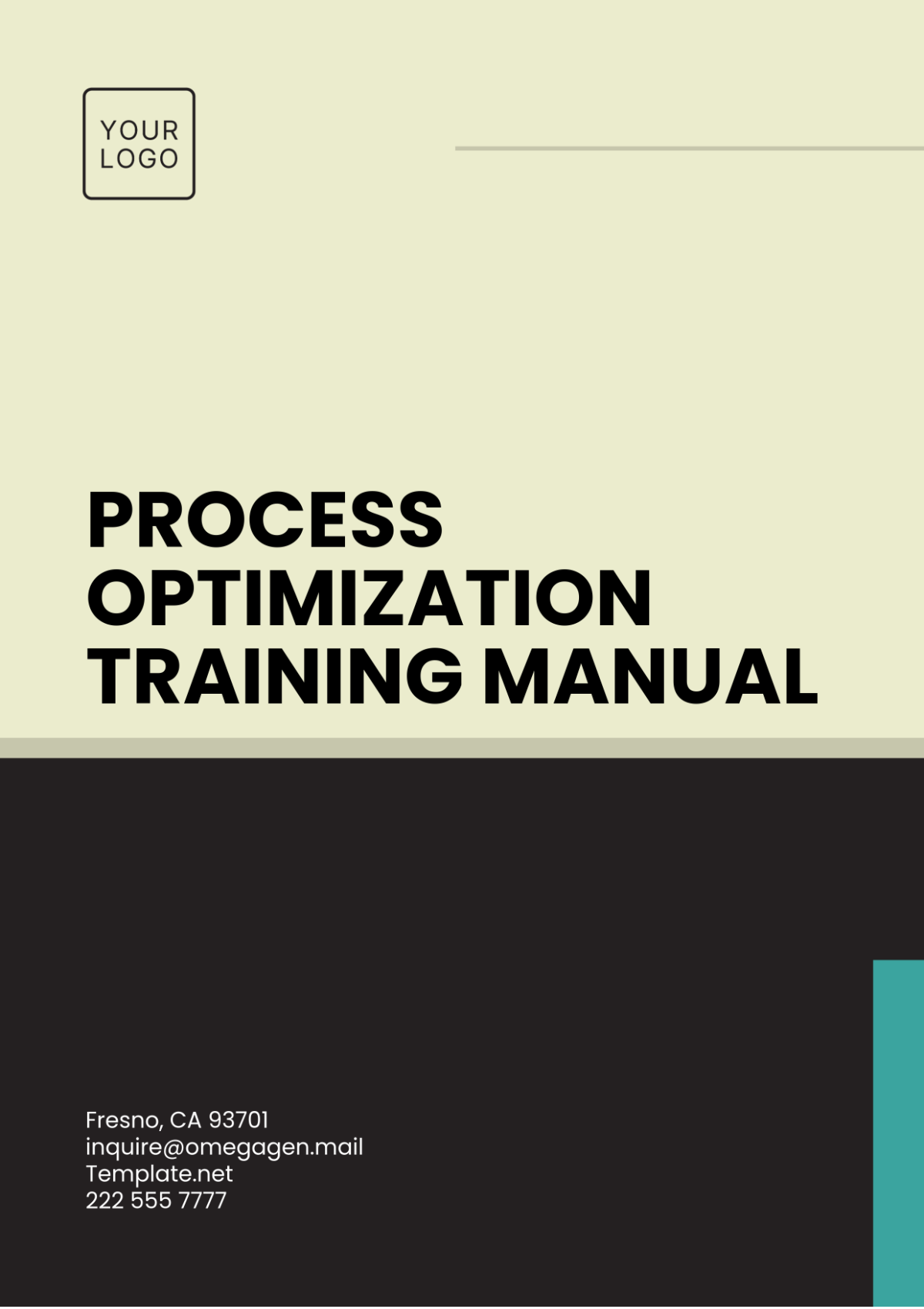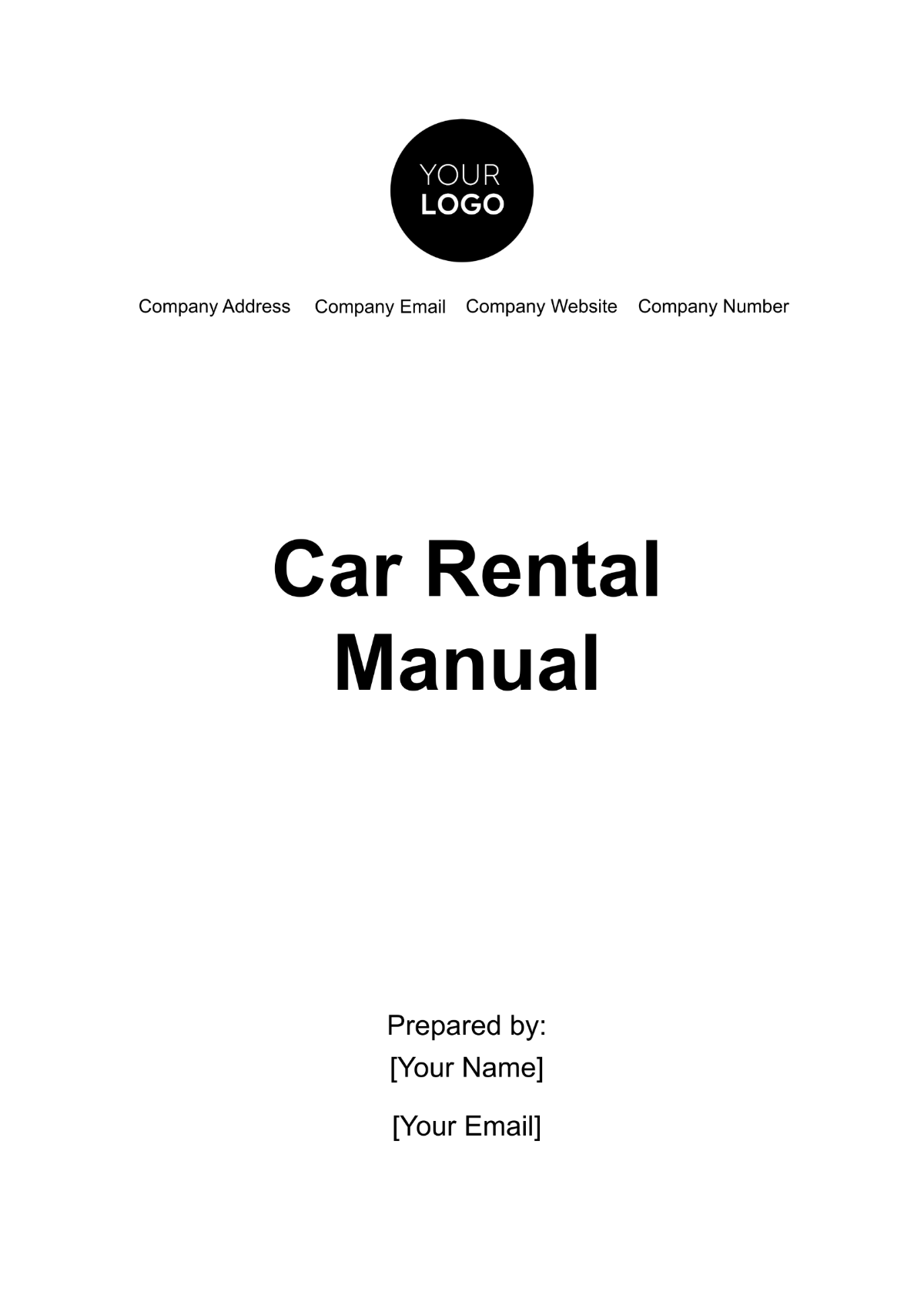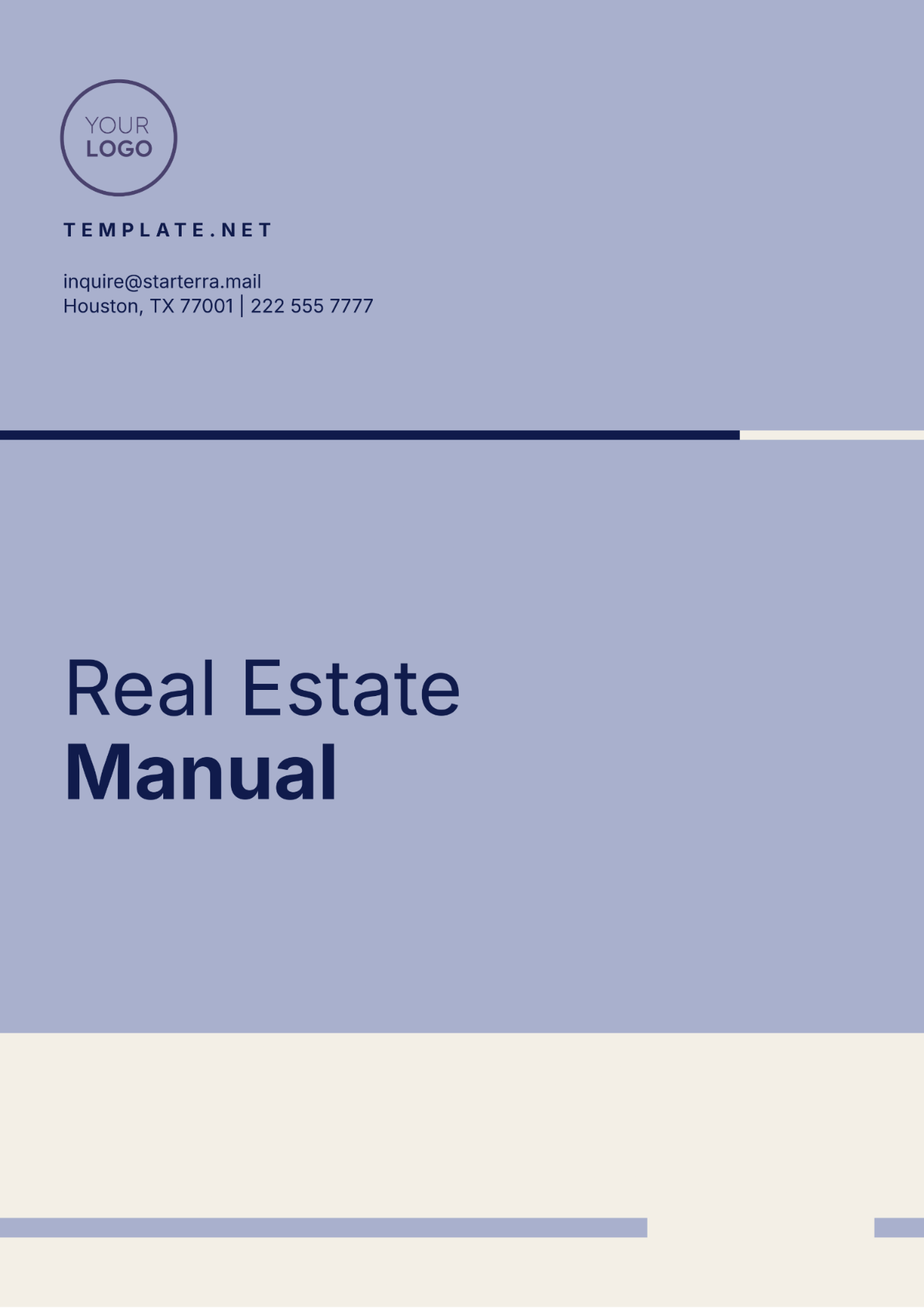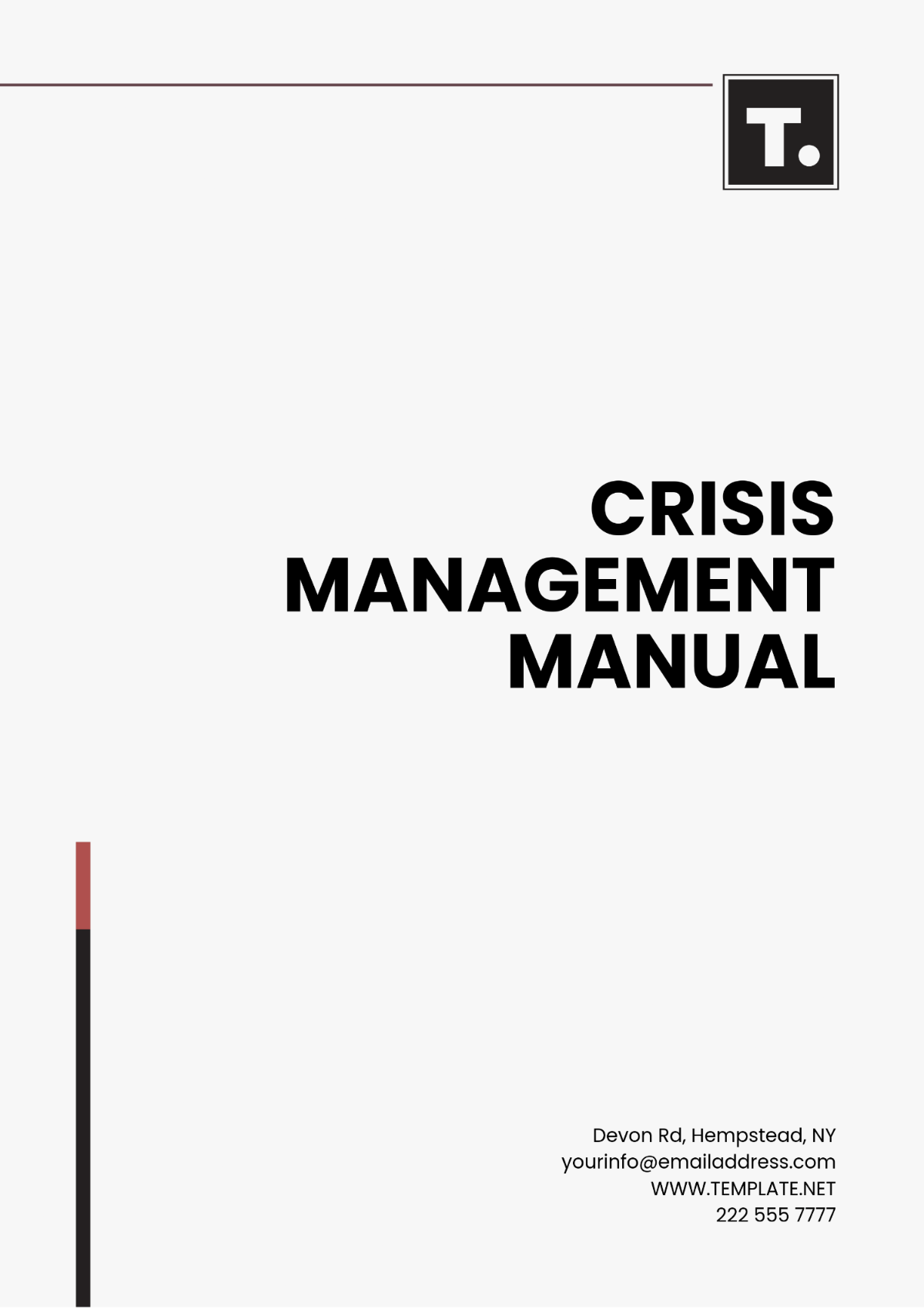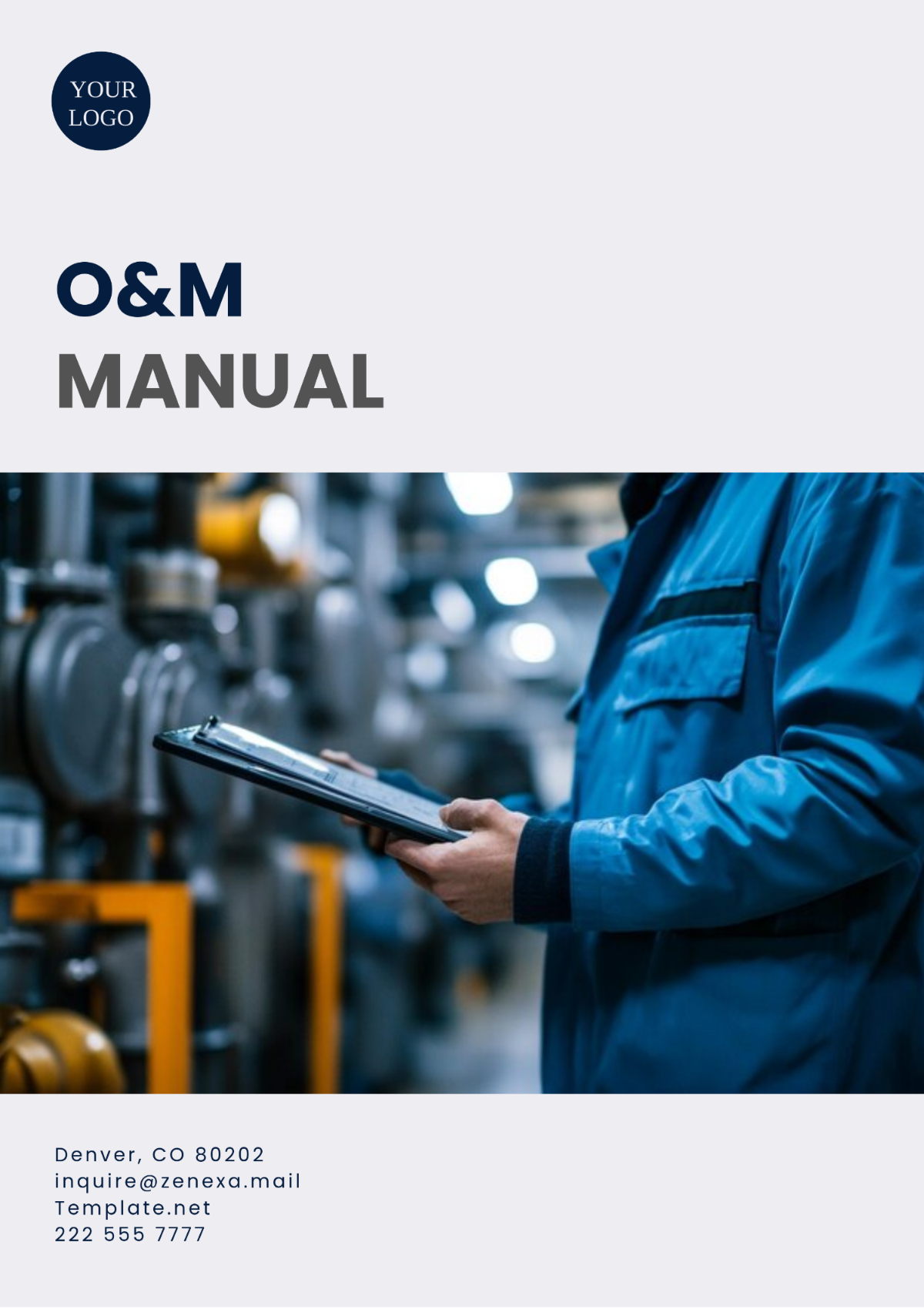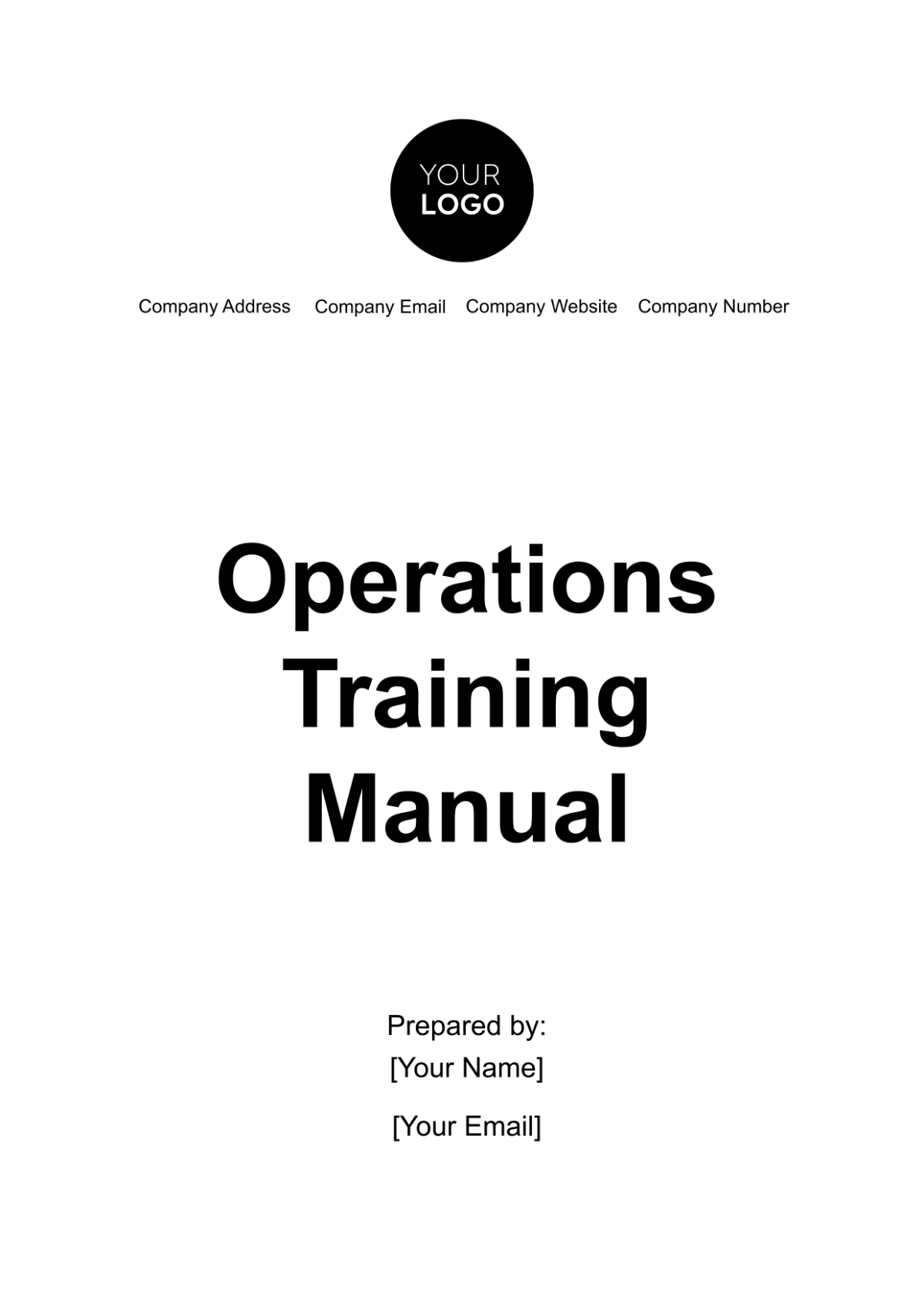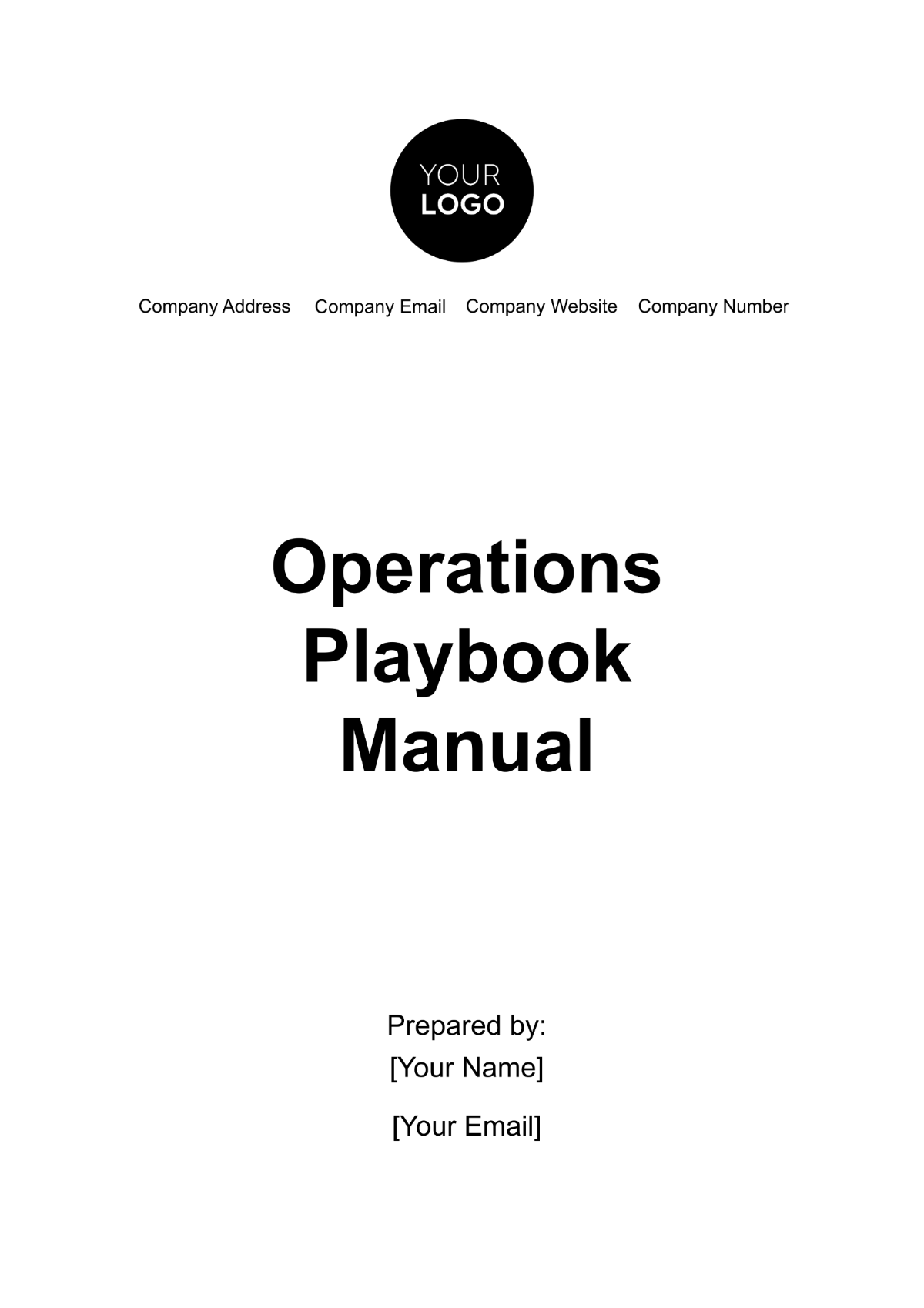Workshop Manual
Introduction
This Workshop Manual serves as a comprehensive guide for conducting and participating in workshops within [YOUR COMPANY NAME]. It provides instructions, schedules, objectives, and operational guidelines to ensure that all workshops are conducted efficiently, yielding measurable results. This manual is intended for facilitators, participants, and coordinators involved in workshops across different departments and specialties.
Workshop Overview
Workshops are critical tools for training, brainstorming, problem-solving, and team-building. The goal of each workshop is to provide a structured and interactive environment for sharing knowledge and fostering collaboration. Each workshop will focus on practical application and learning, allowing participants to leave with actionable insights.
Objectives of the Workshop
To provide participants with the necessary skills and knowledge for professional development.
To facilitate team collaboration and problem-solving.
To develop practical solutions through hands-on activities and group discussions.
To encourage the sharing of diverse perspectives and innovative ideas.
Workshop Formats
Workshops may follow one or more of the following formats:
Interactive Training Sessions: Focused on skill development through presentations and hands-on practice.
Collaborative Brainstorming Sessions: Designed to generate ideas and innovative solutions through group discussion.
Problem-solving Workshops: Aim to address specific challenges and develop actionable plans.
Pre-Workshop Preparation
Facilitator Responsibilities
The workshop facilitator is responsible for preparing all materials, setting the agenda, and ensuring that all necessary resources are available. Key responsibilities include:
Preparing a detailed agenda outlining the workshop’s objectives, schedule, and activities.
Arranging for any necessary technology (e.g., projectors, computers) or materials (e.g., handouts, flipcharts).
Setting up the workshop space to accommodate participants and their needs.
Coordinating with relevant departments to ensure proper participation and attendance.
Participant Preparation
Participants are expected to review any pre-workshop materials provided by the facilitator. This may include background reading, completing surveys, or preparing presentations for group discussions. Participants should also come prepared with questions and contributions related to the workshop topic.
Pre-Workshop Checklist
Workshop agenda finalized and sent to participants.
Room or virtual platform set up.
Equipment (projectors, microphones, etc.) tested.
Workshop materials distributed to participants in advance.
Attendance confirmed with all participants.
Workshop Structure
1. Introduction and Welcome (15 minutes)
Objective: To set the tone and provide participants with an overview of the workshop.
The facilitator will introduce the workshop’s objectives and agenda. Participants will also introduce themselves briefly.
2. Icebreaker (15–20 minutes)
Objective: To foster a relaxed and collaborative environment.
An interactive icebreaker activity will help participants get comfortable with each other and the format of the workshop.
3. Main Workshop Sessions (90–120 minutes)
Objective: To deliver the core content and meet the primary objectives of the workshop.
Presentations and group exercises are conducted based on the workshop’s goals. Sessions can be broken into subtopics depending on the focus.
4. Group Discussion and Problem-Solving (45–60 minutes)
Objective: To encourage brainstorming, collaboration, and idea sharing.
Participants break into smaller groups for discussion and collaborative problem-solving. Each group will present their solutions or findings to the rest of the participants.
5. Break (15 minutes)
Objective: To give participants a chance to recharge and network informally.
6. Action Planning and Next Steps (45 minutes)
Objective: To outline the practical steps that participants can take following the workshop.
Participants develop individual or group action plans for implementing the knowledge and skills acquired during the workshop.
7. Q&A and Closing Remarks (15–20 minutes)
Objective: To clarify any final questions and wrap up the session.
The facilitator provides closing remarks, addressing any outstanding questions and outlining follow-up activities or additional resources.
Post-Workshop Activities
Evaluation and Feedback
After the workshop, facilitators should distribute a feedback form to participants. This form may include questions about the workshop’s content, the facilitator’s effectiveness, and suggestions for future workshops. Feedback is essential for improving the quality of future workshops.
Sample Feedback Questions:
What were the most valuable parts of the workshop?
Was the content relevant to your professional role?
How would you rate the facilitator's effectiveness?
What improvements would you suggest for future workshops?
Workshop Report
The facilitator should compile a workshop report, summarizing the workshop’s outcomes, key takeaways, and any action items. This report should be shared with participants and other relevant stakeholders within the organization.
Follow-up Actions
Participants should be encouraged to follow up on their action plans by implementing what they learned. It is recommended that facilitators schedule a follow-up meeting or check-in within 4 to 6 weeks of the workshop to track progress and address any issues.
Resources
Required Materials
Facilitator Guides: Include all workshop materials, handouts, and presentation slides.
Equipment: Projectors, computers, microphones, and other technical equipment required for the workshop.
Participant Materials: Handouts, notebooks, pens, and any additional materials needed for group activities.
Support Contact Information
Facilitator Email: [YOUR EMAIL]
Workshop Coordinator Email: [YOUR COMPANY EMAIL]
Conclusion
Workshops are an invaluable tool for skill development and team collaboration at [YOUR COMPANY NAME]. This manual is designed to guide facilitators and participants in conducting workshops that deliver impactful results. Through careful planning, active participation, and thoughtful follow-up, each workshop will contribute to the continuous growth and success of our organization.
